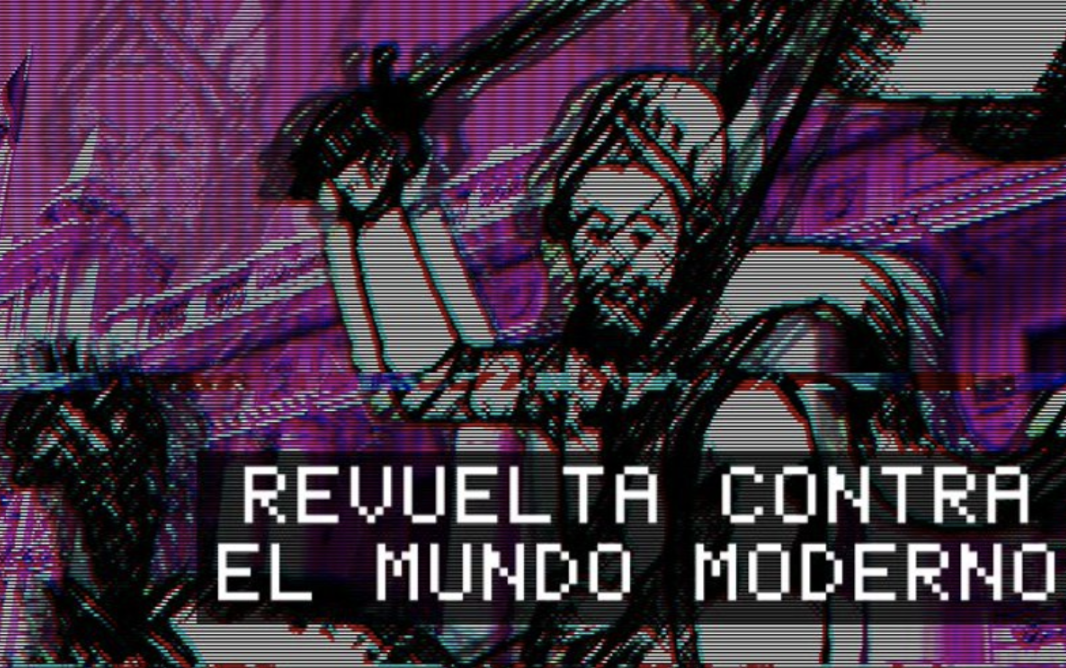An October 2022 story in Axios reported that a group of former Trump administration officials and reactionary politicos was busy behind the scenes drafting plans to formally declare war on drug trafficking networks in Mexico, with or without the Mexican government's acquiescence, and a mechanism for punitively shutting down ports of entry based on estimated illegal crossing and asylum seeker numbers. The far-right nativist nonprofit advocating for war, the Center for Renewing America (CRA), includes the former director of the Office of Management and Budget (OMB) Russ Vought, former shadow Secretary of Defense Kash Patel, former OMB general counsel Mark Paoletta, former acting Deputy Secretary of the Department of Homeland Security (DHS) Ken Cuccinelli, as well as Joseph Wade Miller, a short-tempered former staffer for Senator Ted Cruz and Congressman Chip Roy, Cruz's protégé.
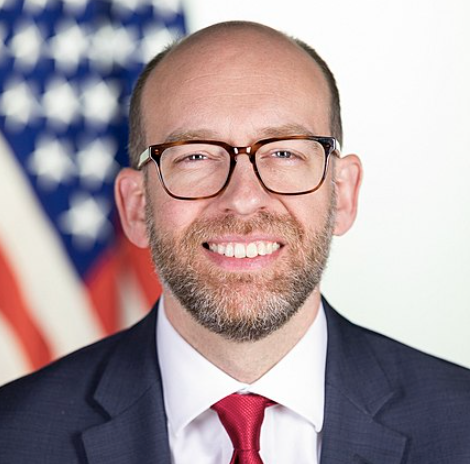
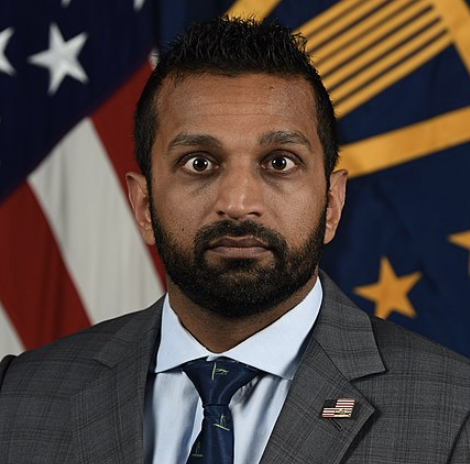
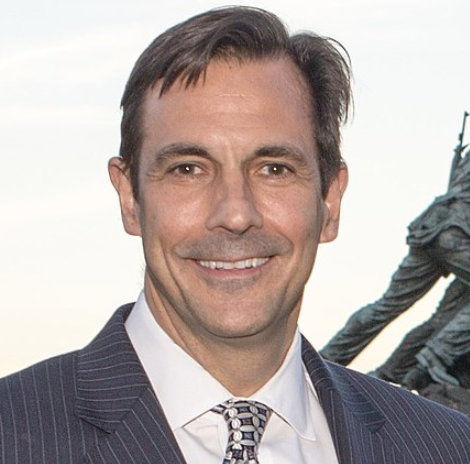
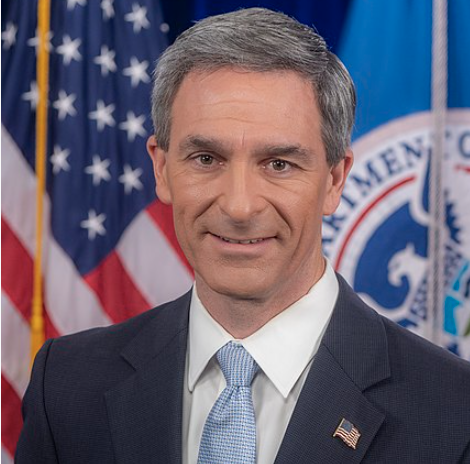
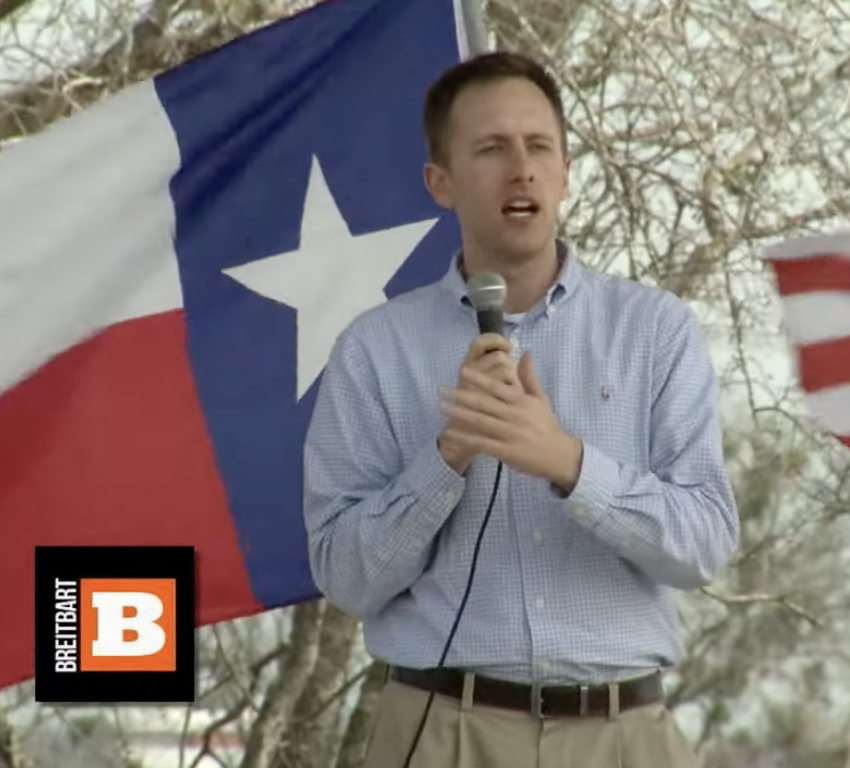
According to tax filings published by SourceWatch, the CRA was founded on 22 December 2020 and is one of several 501(c)(3) political advocacy organizations launched in 2021 by the Conservative Partnership Institute, a far-right candidate grooming operation founded in 2017 by former South Carolina Senator Jim DeMint. Candidates developed by the Conservative Partnership Institute include QAnon conspiracy theorist Marjorie Taylor Greene and anti-vaccination gun nut Lauren Boebert.
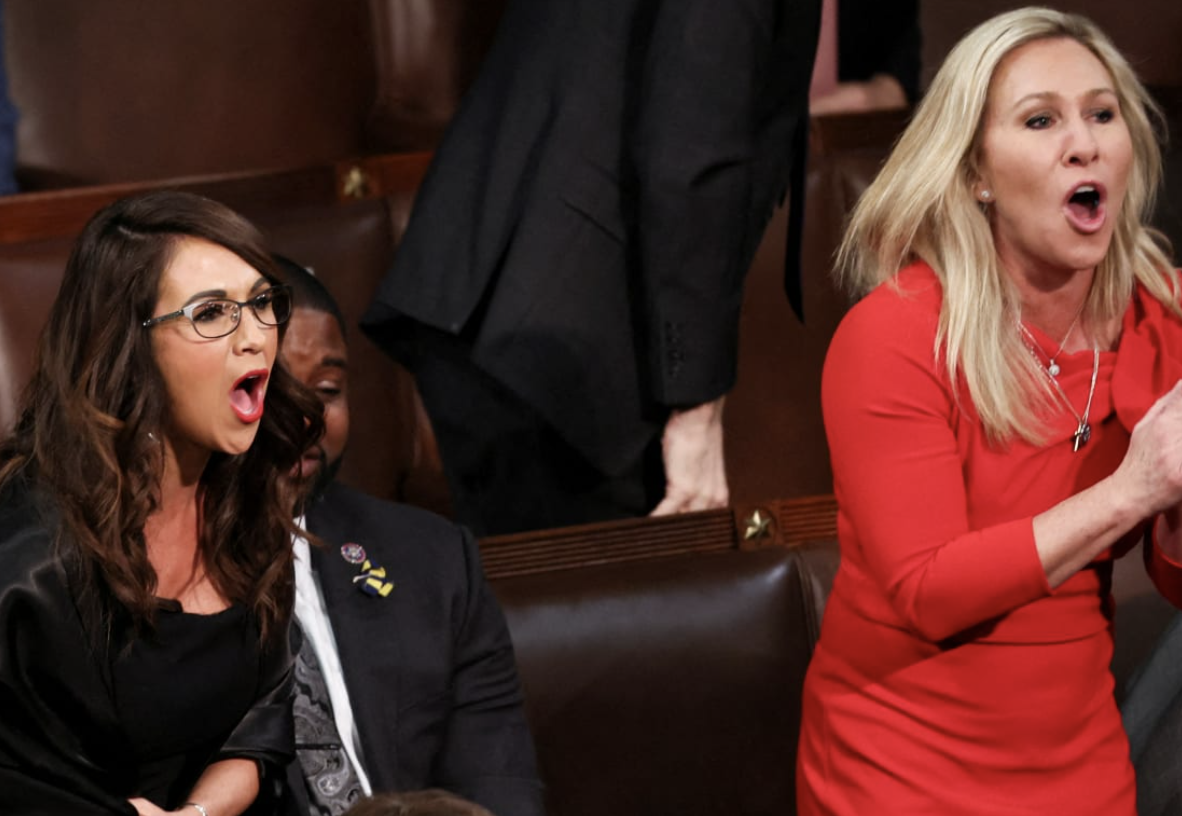
In 2017, DeMint was asked to resign from his position as president of the Heritage Foundation, a reactionary think tank whose board members include Rebekah Mercer, the daughter of billionaire hedge fund manager Robert Mercer and director of the Mercer Family Foundation. Following his departure, DeMint started as a senior adviser at Citizens for Self-Governance, a far-right nonprofit calling for a convention to change the Constitution of the United States. The Mercer Family Foundation donated half a million dollars to Citizens for Self-Governance in 2014.
Meet the Mercers
Until he announced plans to step down at the end of the year in 2017, Robert Mercer was the co-CEO of Renaissance Technologies hedge fund that used quantitative models and data analysis to make market predictions and generate unheard of returns for investors. An eccentric and reclusive man that volunteers several days a year as a reservist sheriff's deputy in New Mexico for the privilege of carrying a concealed weapon lawfully in all 50 states, Robert Mercer and his daughter Rebekah rose to prominence as rightwing mega-donors through their namesake family foundation.
The Mercer Family Foundation has contributed more than $💯 million to far-right nativist political causes in the last decade or so. In addition to bankrolling campaigns for reactionary politicos such as Ken Cuccinelli, Ted Cruz, Lindsey Graham, Ron DeSantis and Donald Trump, the Mercers have invested millions in alt-right media like Breitbart News and data exploitation ventures like Cambridge Analytica.
Robert Mercer attended graduate school at the University of Illinois, Urbana-Champaign (UIUC), where he studied computer science under David G. Ravenhall and David J. Kuck in the Illinois Automatic Computer (ILLIAC) laboratory, earning a Ph.D. in 1972.
Two notable UIUC faculty members during Mercer's time in graduate school were psychologist Raymond B. Cattell and classics professor Revilo P. Oliver.
Raymond Cattell researched personality and motivation from a eugenicist perspective at UIUC from 1945 until his retirement in 1973, a year after Robert Mercer defended his dissertation. Cattell was drawn to UIUC in part because of the university's ILLIAC laboratory, which he used for factor analysis in his own research. In his controversial book Beyondism: Religion from Science, Cattell thanked Revilo Oliver for his help over the years in the preface.
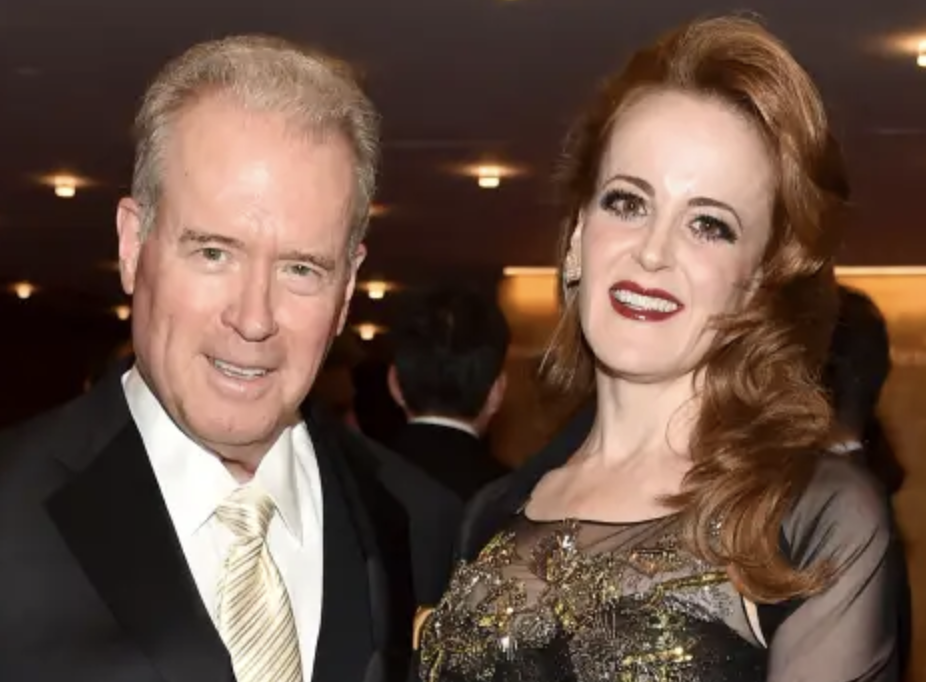
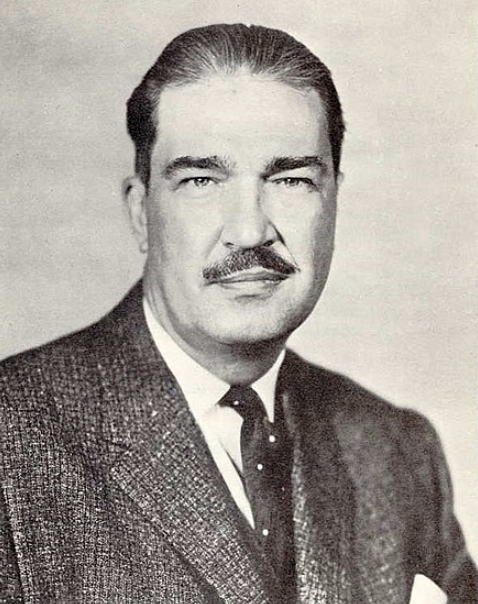
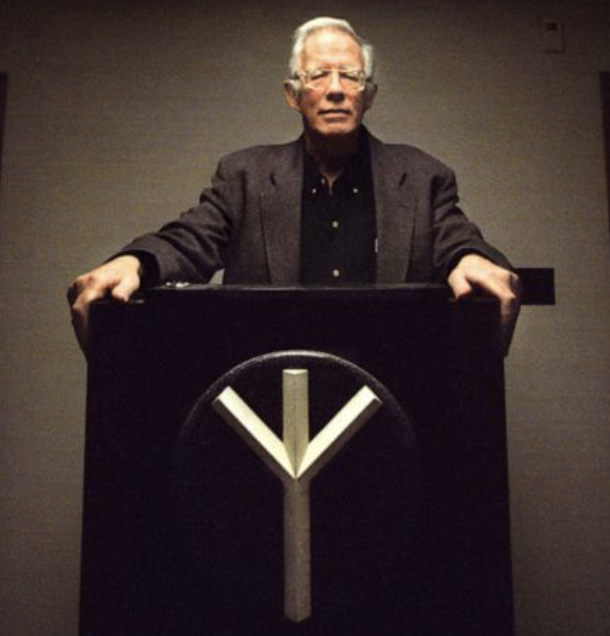
Revilo Oliver was the co-founder of the John Birch Society that was later kicked out of the notorious far-right 'anti-communist' group for being too racist. Among other things, the John Birch Society peddled baseless and paranoid conspiracy theories (e.g. the fluoridation of drinking water as a communist mind-control plot) and advocated for a return to a gold-backed currency—a position also favored by Robert and Rebekah Mercer as well as the recipients of their patronage such as Ted Cruz.
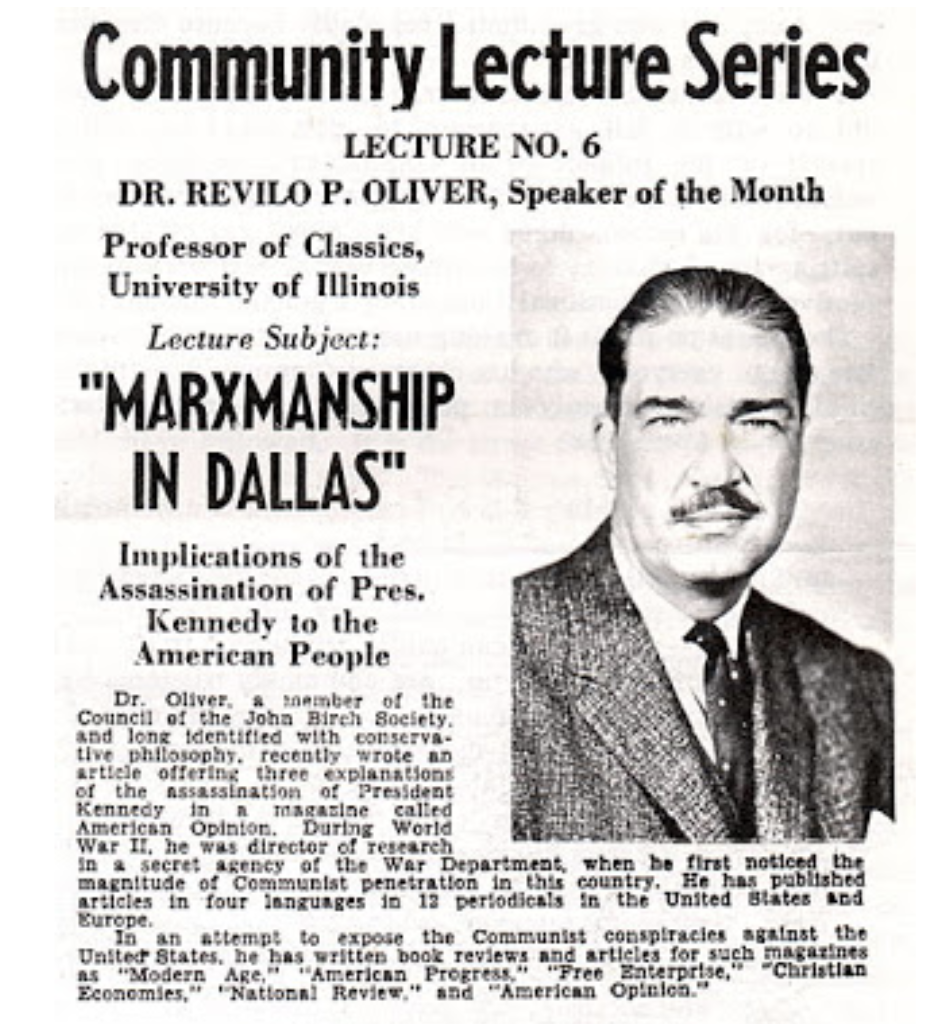
A compelling circumstantial case has been made in the journal Nature that the influences and pseudoscientific racist views of Cattell, Oliver and their milieu are evident in the Mercer family's social network and political advocacy and too numerous to be easily dismissed as coincidental.
Revilo Oliver also mentored William Luther Pierce, the neo-Nazi founder of the National Alliance and pseudonymous author of the violent white power movement opus The Turner Diaries that mass-murderer Timothy McVeigh evangelized for years before and after committing the deadliest domestic terrorist attack in American history in Oklahoma City in 1995.


On the advice of Steve Bannon, the Mercers invested over ten million dollars in Breitbart News in June 2011 for a stake in the rightwing media company with the stipulation that Bannon would be on the board.
A New Way Forward
The proposal for a unilateral military invasion of the United States's top trading partner and neighbor with whom it shares a 1,954-mile land border is the logical evolution of a plan that originated deep in the heart of Texas during George W. Bush's second presidential term.
The project to consolidate the Wars on Drugs and Terror was set in motion in 2007 when Rick Perry, the Texas governor at the time, appointed Fred Burton to head the Border Security Council (BSC).
Burton was the vice president of counterterrorism at Stratfor, a private intelligence firm in the Texas capital described alternatively as "the shadow CIA" or perhaps "The Economist a week later and several hundred times more expensive."
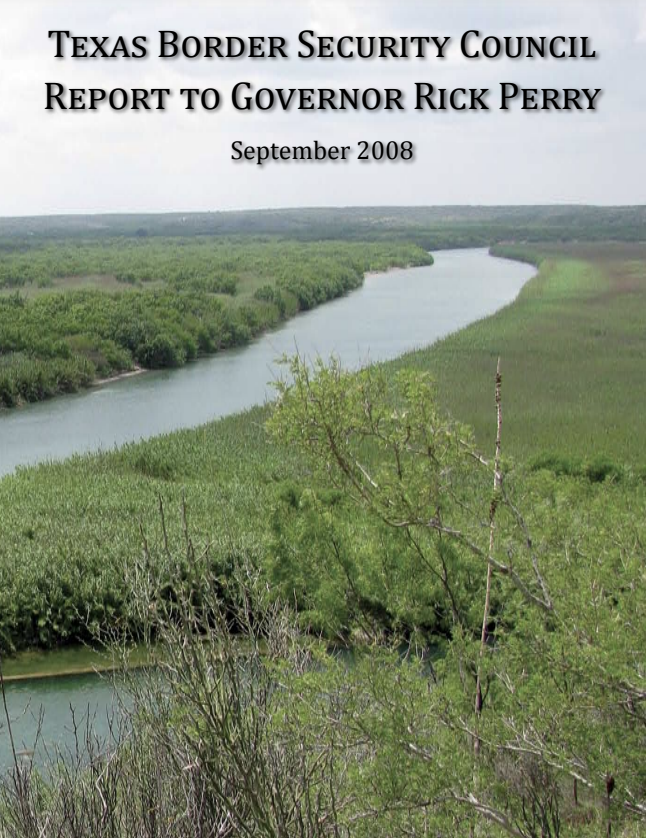
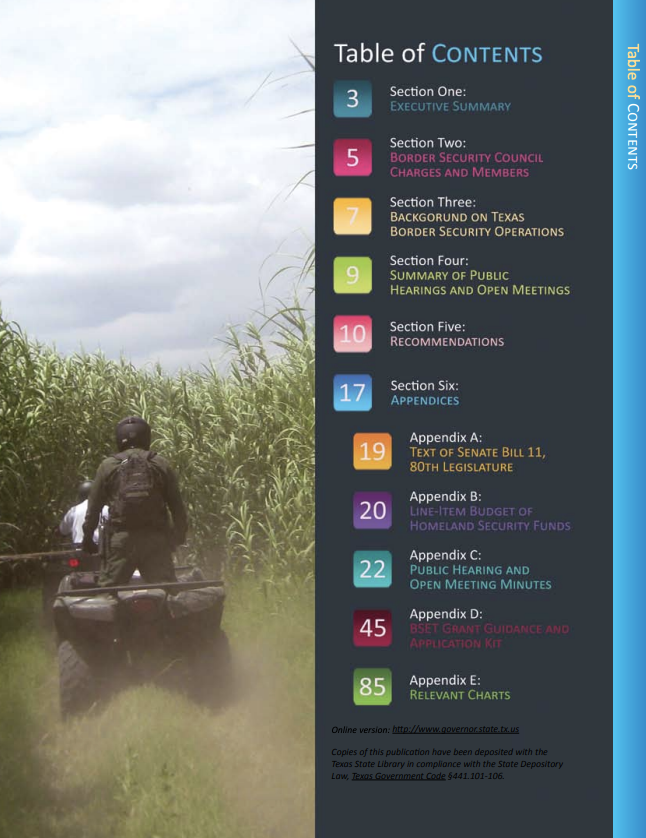
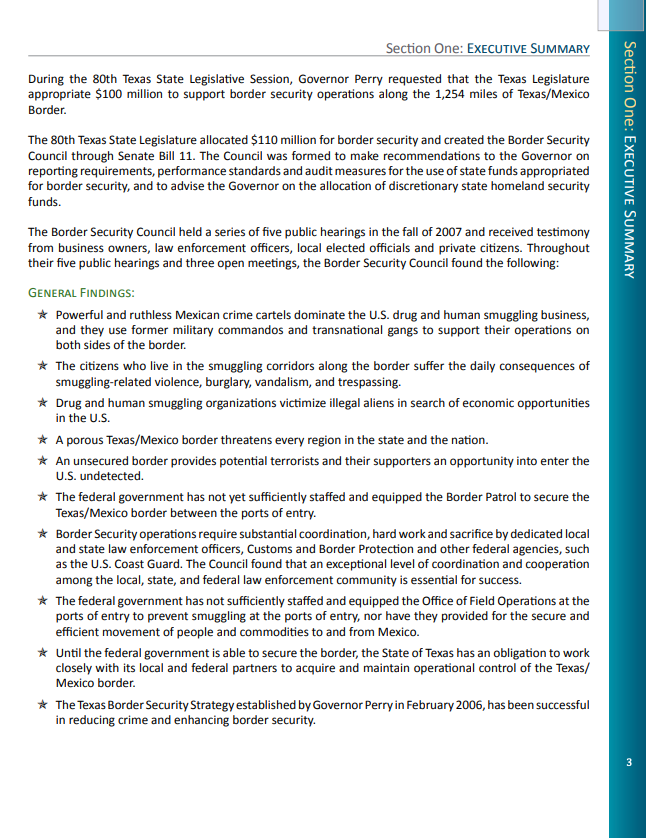
The BSC was a lobbying group that used DHS discretionary funds for the protection of U.S. food supplies disbursed by the Texas Department of Agriculture to come up with policy suggestions to protect the Texas border from the purported threat of spillover violence from Mexico despite scant evidence of such a menace.
In 2011, on the advice of the BSC after the plan stalled with the election of President Barack Obama, Texas Agriculture Commissioner Todd Staples enlisted the professional services of Gen. Robert Scales (U.S. Army, retired) with the consulting firm Colgen Inc. and Gen. Barry McCaffrey (U.S. Army, retired), the former Clinton drug czar and U.S. SOUTHCOM Commander from 1994-1996 (when members of the Mexican airborne special forces unit that later defected to form "Los Zetas" may have been trained in Guatemala).
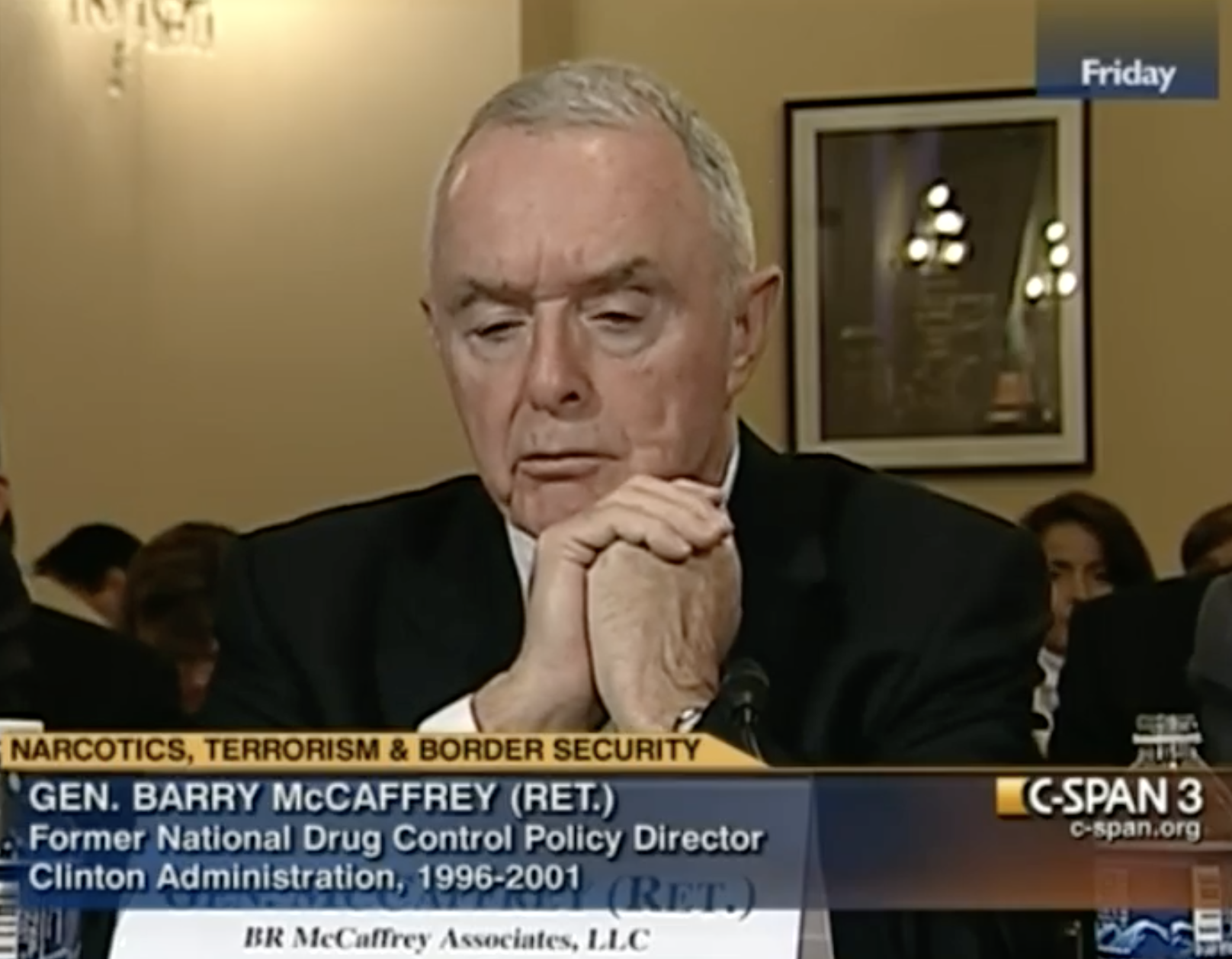
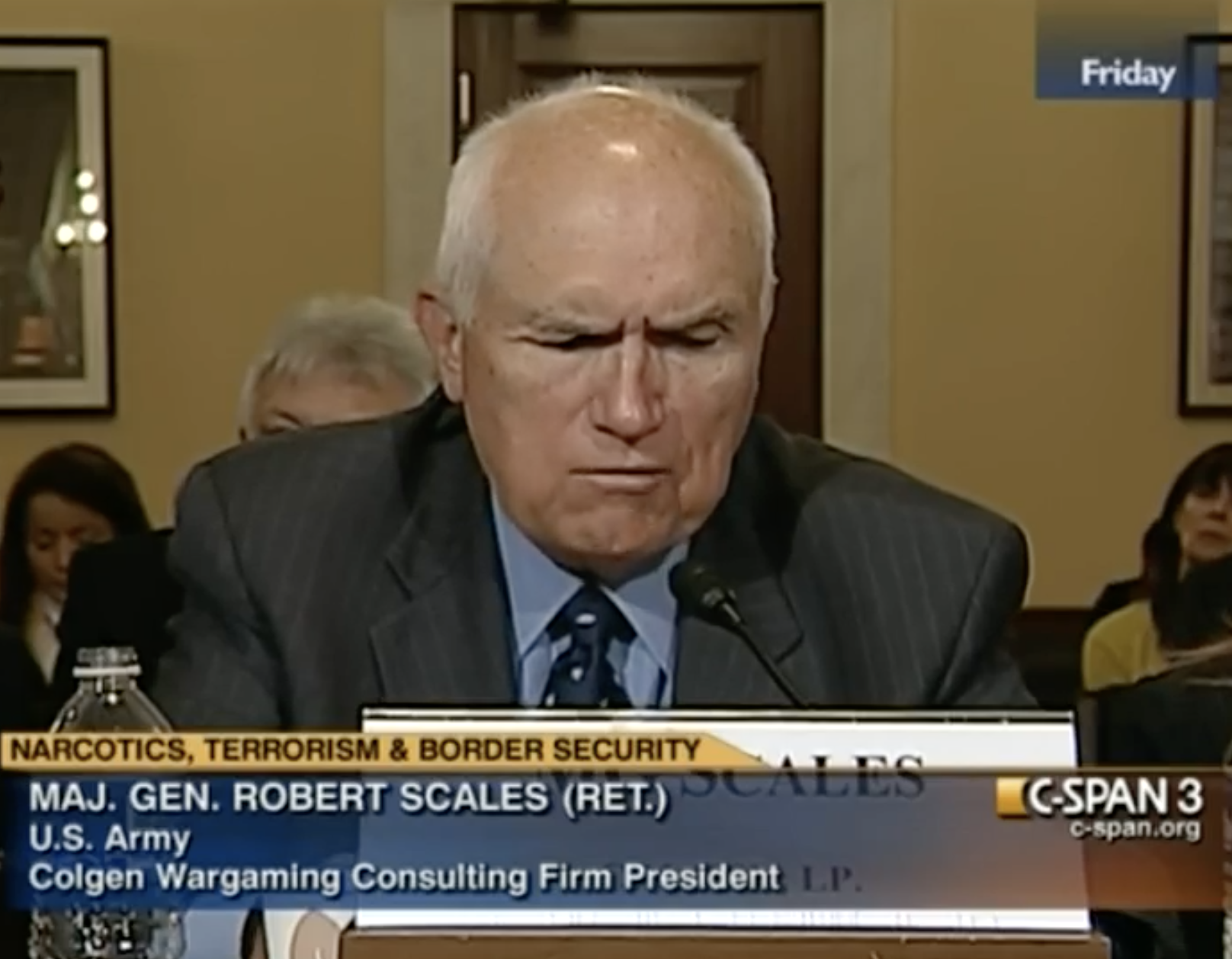
McCaffrey and Scales were among a group of former military officials that the Department of Defense employed in a secret media relations and influence campaign that helped sell the public on the Iraq war and land contracts for private companies.
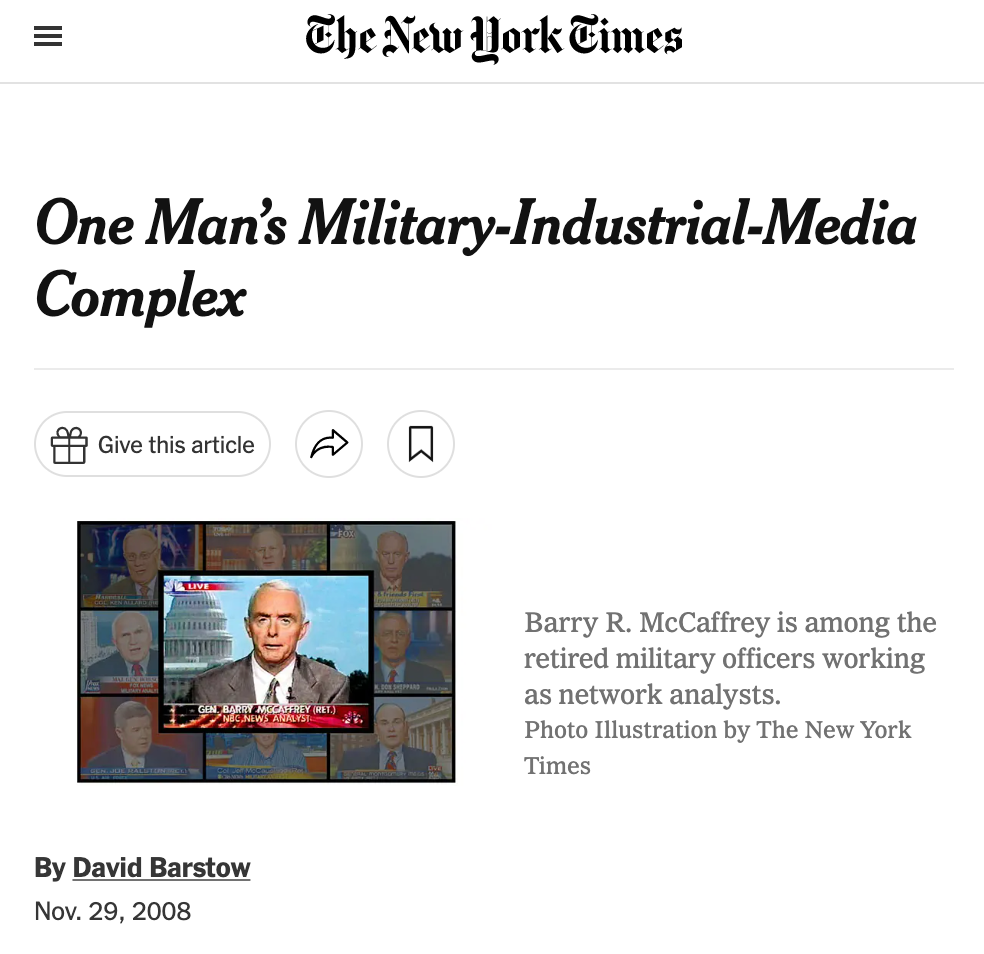
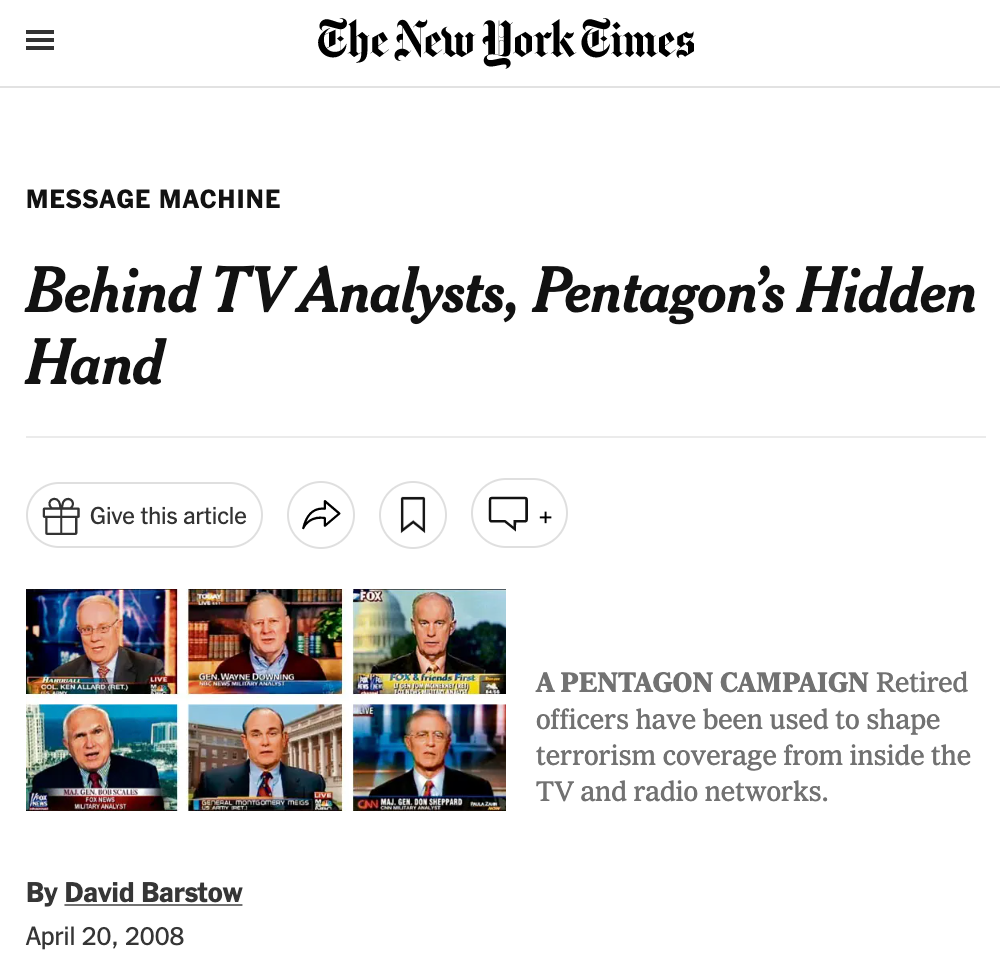
In September 2011, Colgen Inc. published a list of proposals for securing the Texas border, which included creating fusion centers to facilitate intelligence sharing between agencies, facilitating partnerships between U.S. and Mexican law enforcement, and designating drug cartels as foreign terrorist organizations (FTO).
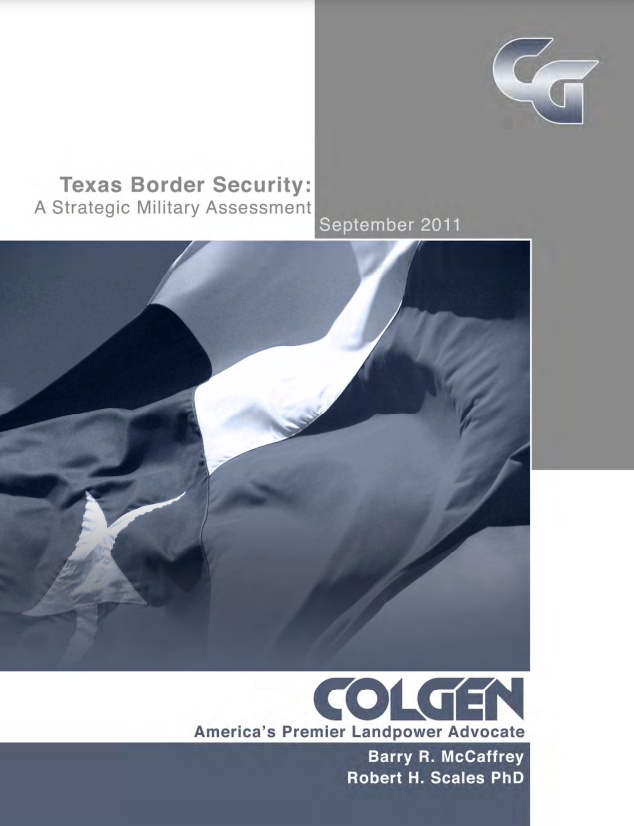
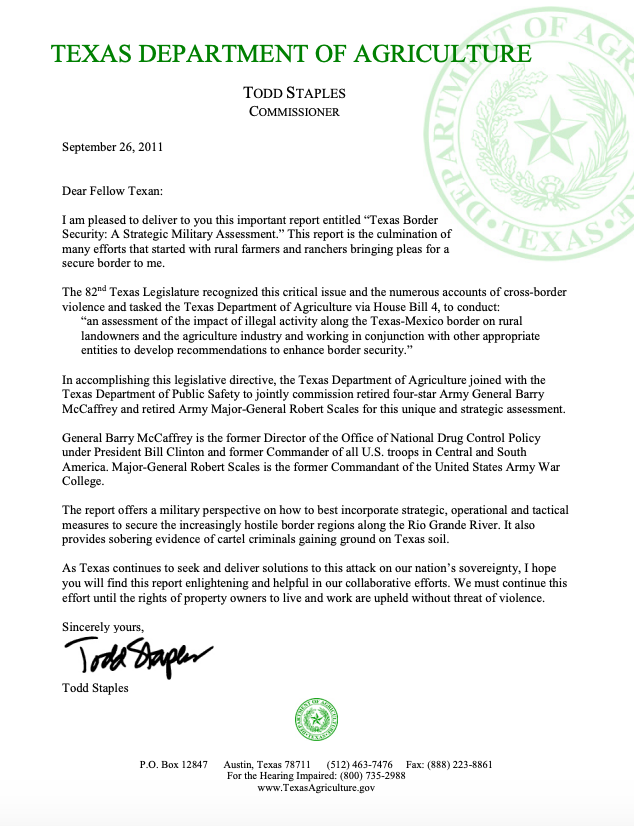
In November 2014, a little over a week after the Republicans won a majority in the Senate and held on to their majority in the House, a directive in The Southern Border and Approaches Campaign established Joint Task Force-West (JTF-West).
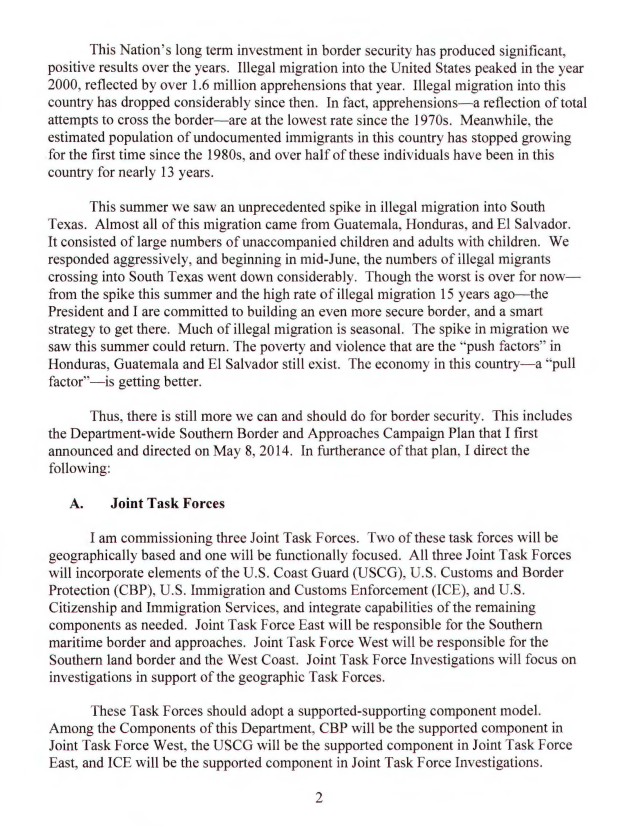
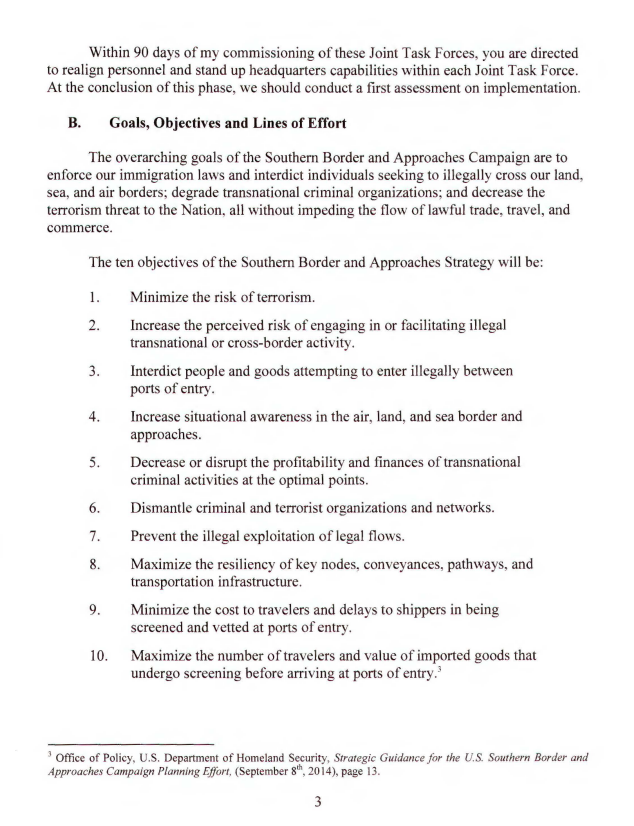
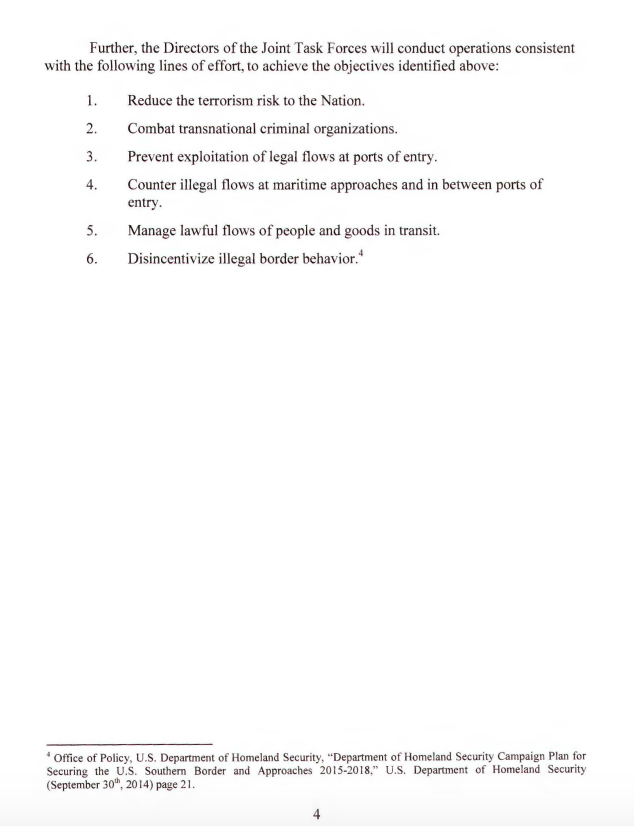
During the Republican presidential primaries, Robert and Rebekah Mercer, neo-reactionary billionaire Peter Thiel and Traditionalist Steve Bannon of Breitbart News initially expressed support for or donated to Ted Cruz or his announced running mate, Carly Fiorina, until Donald Trump's campaign turned out to be more than a self-promotional stunt.
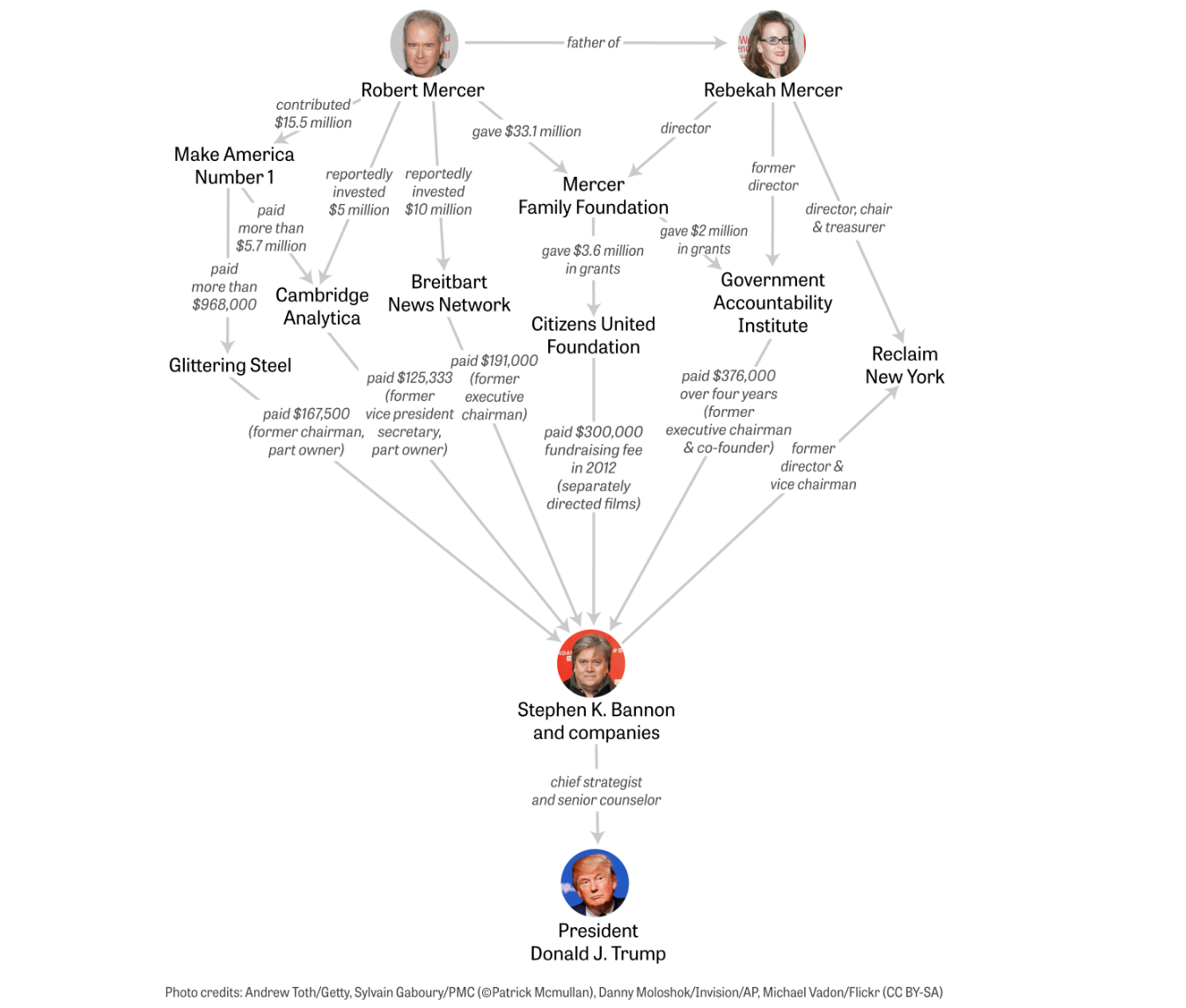
Cruz also received support until the bitter end of his GOP primary campaign from Nelson Balido, an energy and border-industrial complex lobbyist, who wrote several gushing opinion pieces for the Fox New website on why Cruz was the best candidate for the GOP to take the presidency in 2016.
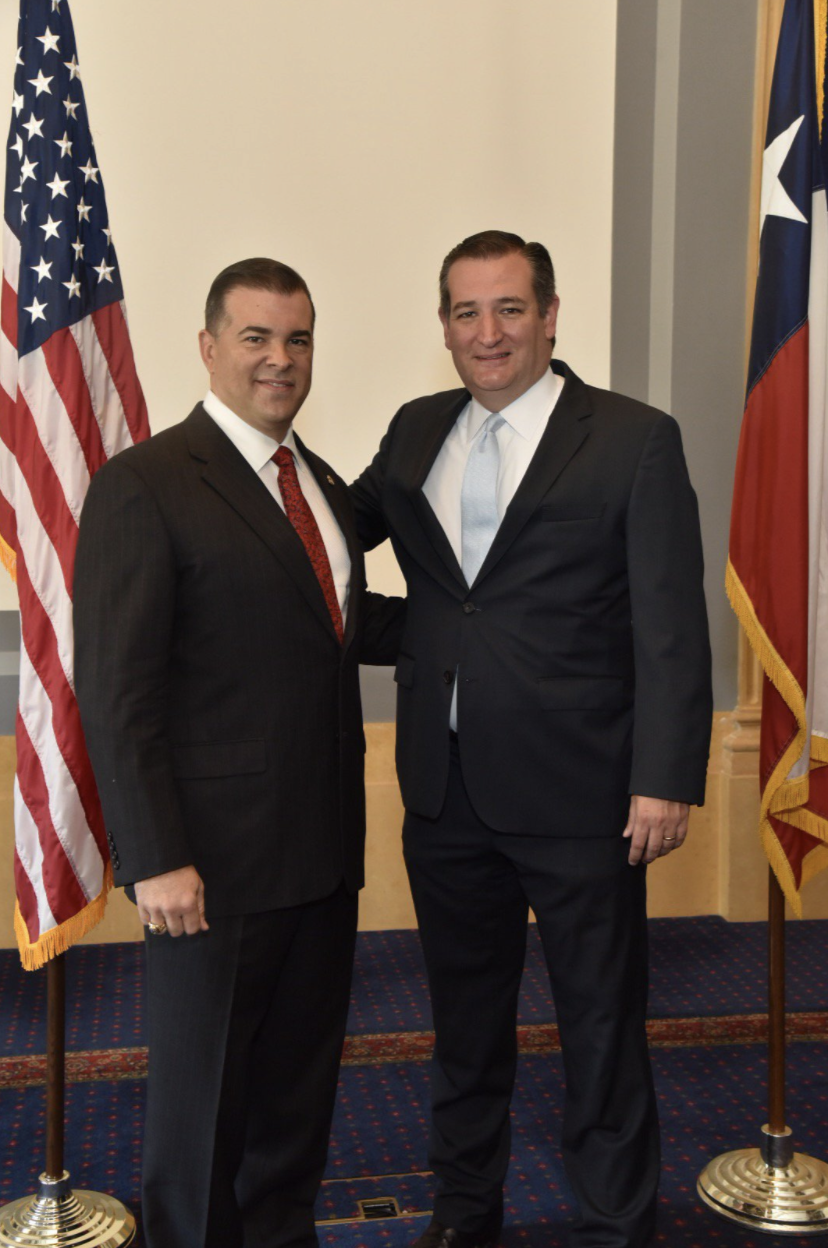
The GOP nomination and the 2016 presidential election ultimately went to Donald Trump.
In December 2016, CBP published a press release about the new direction for JTF-West, that would combine "seven federal law enforcement agencies’ efforts into one singular, coordinated strategy" in order to "identify, prioritize, and target the top criminal organizations impacting national security, border security and public safety."
Through JTF-West, CBP expanded their authority, autonomy and capabilities under the pretext of combatting the evolving threat to national security, according to them, posed by illegal immigration and drug and human trafficking organizations. Whereas before, CBP was somewhat of a pariah within federal law enforcement, the 2016 U.S. election effectively marked the beginning of "A New Way Forward," in which JTF-West would be "a key player in relations with Mexico by contributing to discussions between the two governments to improve security on both sides of the border."
Security and prosperity
Although not all of Mexico's politicians and police are corrupt, official corruption is widespread and persistent.
Tamaulipas, which abuts the Texas border from Brownsville to Laredo, has had an especially bad problem with official corruption, with each of the previous four governors facing criminal proceedings of some kind in the U.S. or Mexico, including Francisco García Cabeza de Vaca (October 2016-October 2022).
Cabeza de Vaca has a long history of reported ties to organized crime starting with his arrest in high school for stealing guns out of parked vehicles in Texas.
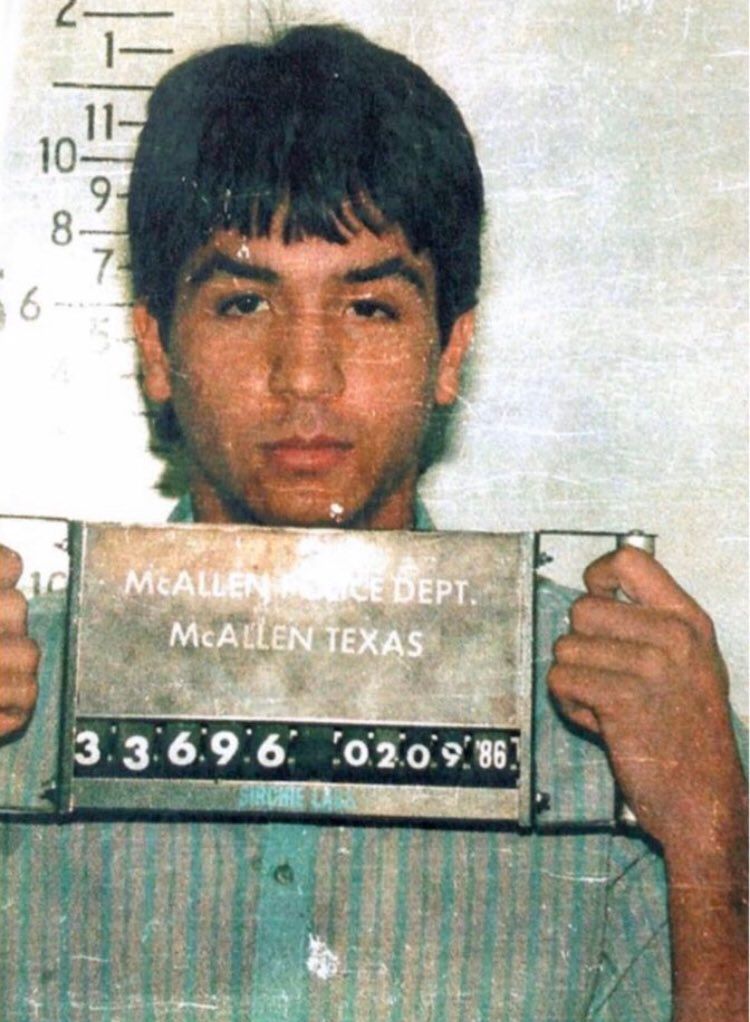
According to apparently leaked testimony from Antonio Peña Argüelles, a money launderer for the Zetas drug trafficking organization and protected witness for the Drug Enforcement Administration (DEA), Cabeza de Vaca has allegedly been compromised by organized crime since at least 2004 when he was said to have accepted $500,000 from the Gulf cartel for his campaign for mayor of Reynosa.
But you would never know it from reading Breitbart News' Cartel Chronicles, even though the corrupt Mexican politician is one of their favorite tropes. According to Breitbart, Cabeza de Vaca was standing up to the cartels.
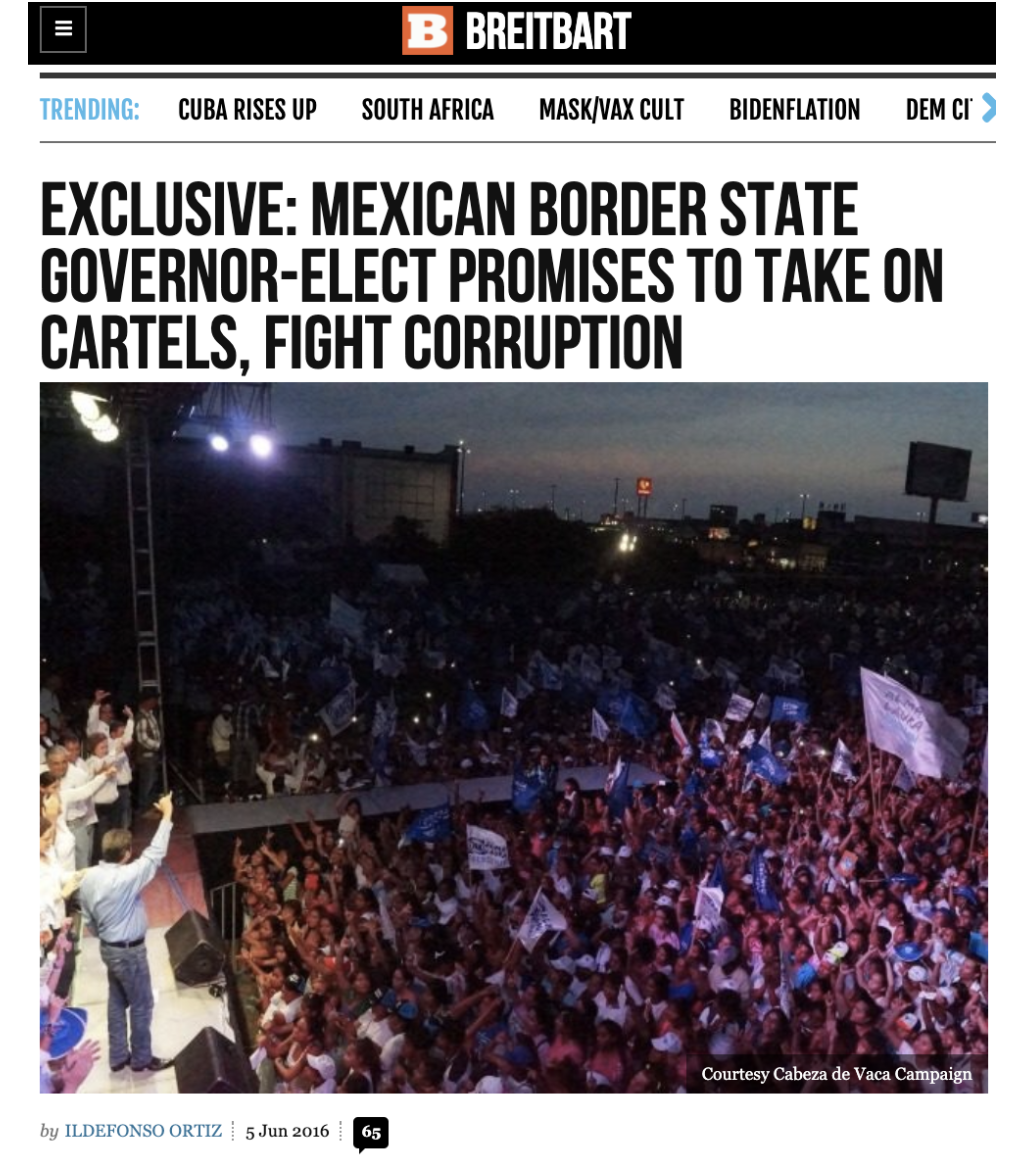
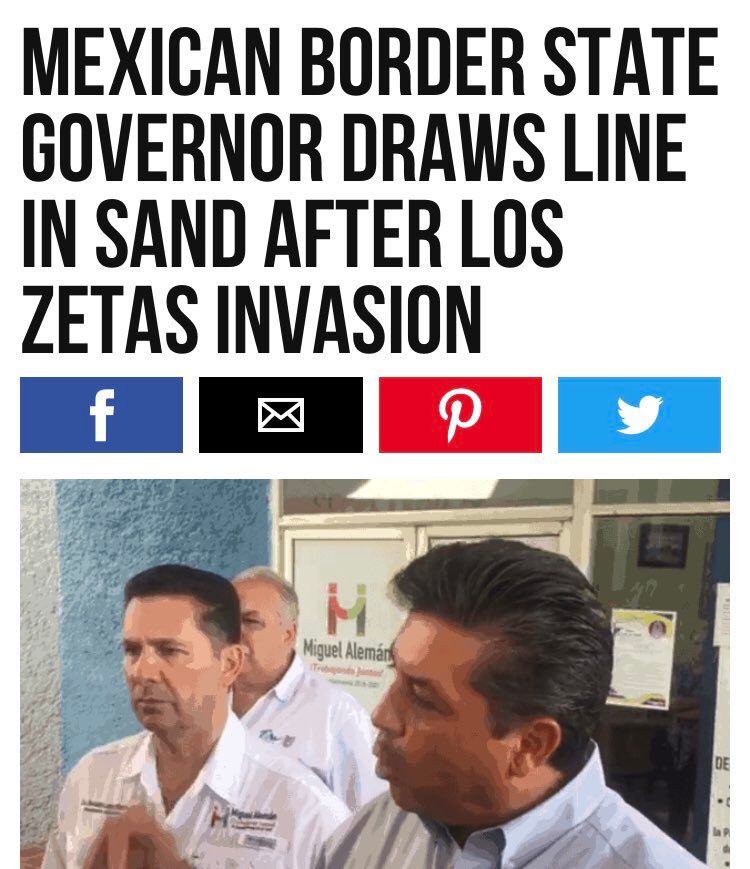
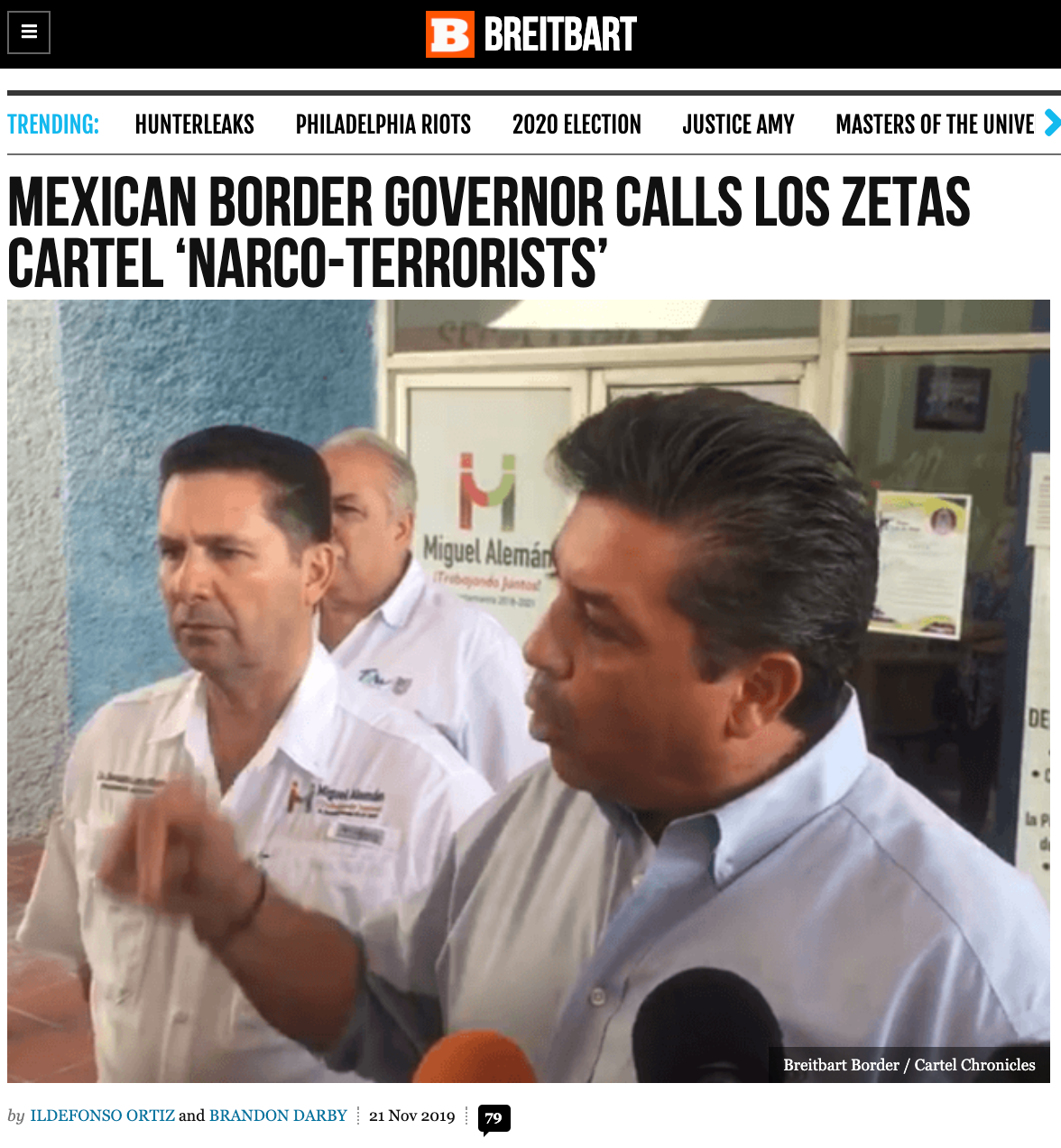
Nor would you see anything but praise for Cabeza de Vaca on the Fox News website, like in this editorial from Nelson Balido, perhaps the single most important character in this story.

According to his CV, Balido completed graduate studies from 2005 to 2007 in International Affairs at the George Bush School of Government at Texas A&M University, home to the Presidential Library of George H. W. Bush.
Balido's recent titles include Chairman of the Border Commerce and Security Council (a lobbying firm representing defense and construction contractors and businesses offshoring manufacturing), Lieutenant Commander in Public Affairs with U.S. Southern Command, Consultant to the Undersecretary of Intelligence and Analysis at DHS, and US-Mexico Energy Relations Advisor.
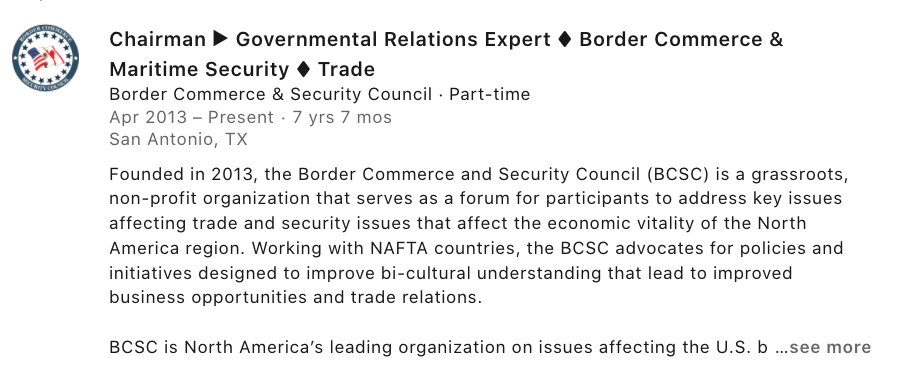
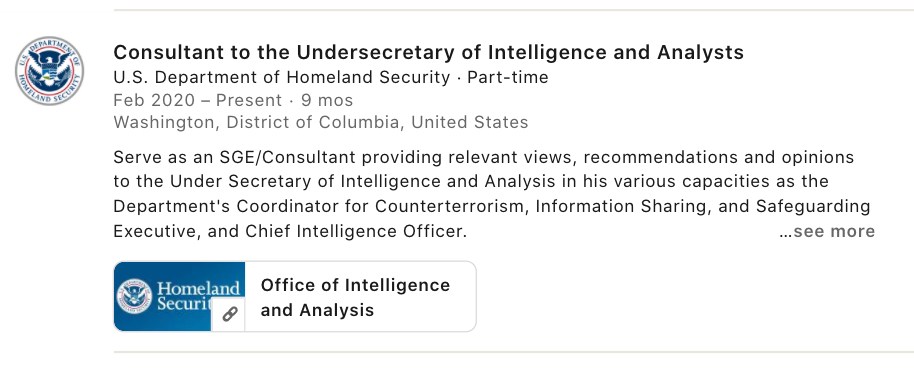
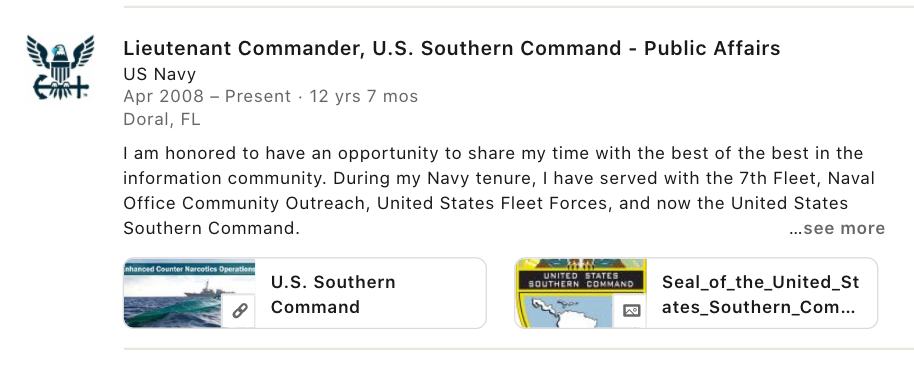
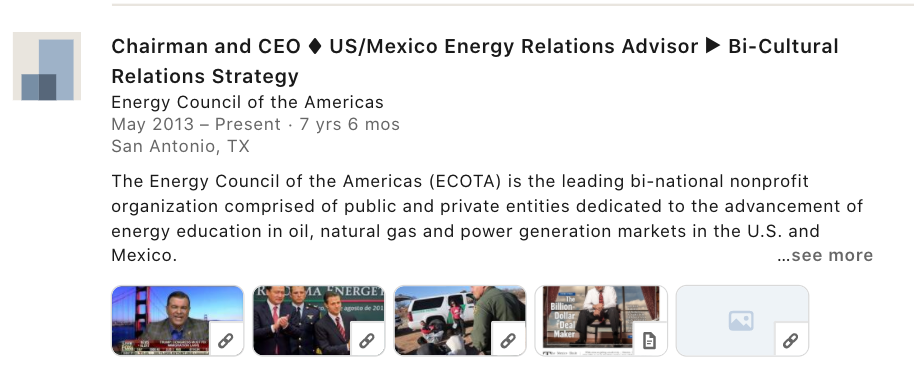
According to Balido's May 2016 column, Cabeza de Vaca—mentioned 26 times in alleged criminal conspiracies in the Peña Argüelles' testimony—was "clean as a whistle."
According to Balido:
I can write with certainty that claims about Cabeza de Vaca being a 'narco senator' are completely baseless. He is as clean as a whistle. This conclusion is supported by the logical deduction that if Cabeza de Vaca had dealings with criminal organizations, he would not be able to travel as freely as he does in the United States, far more so than previous Tamaulipas governors who are wanted by U.S. law enforcement.
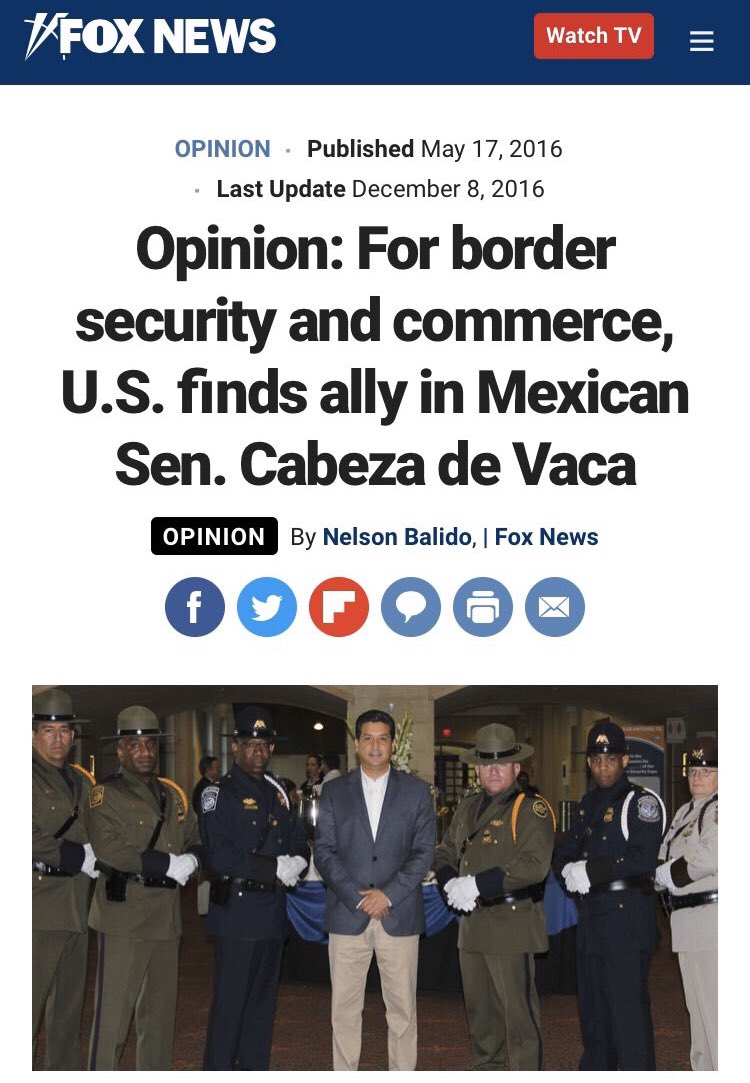
One line in Balido's column is particularly notable:
In Cabeza de Vaca, the United States finally finds someone who wants to collaborate at the state level.
Coincidentally, the Breitbart News Mexico team also shared this view. In a 2017 interview with Brandon Darby and Ildefonso Ortiz, co-creators along with Steve Bannon of Breitbart's “Cartel Chronicles”, Darby explained why working with Mexico at the state level would be preferable. According to Darby:
Under the Merida Initiative, it seems to be counterproductive to operate hand in hand with Mexican federal forces, as the Mexican president himself could (and seems) to have links with the cartels. Perhaps it would be much better to selectively interact with state governments.

In April of 2016, then-Senator Cabeza de Vaca and Nelson Balido met with officials from DHS, FBI, DoD, the Mexican Navy (SEMAR) and Army (SEDENA) to discuss a state-level binational plan for border security.
On June 5, 2016, Cabeza de Vaca was elected governor of Tamaulipas. Ten days after the election, U.S. CBP Rio Grande Valley Sector announced the launch of the Se Busca Información (Seeking Information) initiative targeting the 10 most wanted criminals in the region.
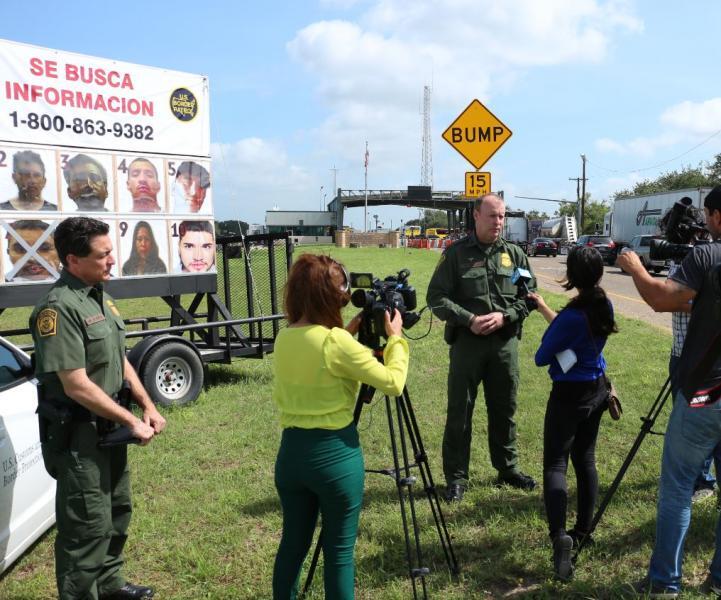
Although a partnership with the state government of Tamaulipas was not ceremoniously announced until June 2018, behind the scenes, the Mexican Navy and U.S. federal, state and local law enforcement were training a specially-vetted police unit from the ground up
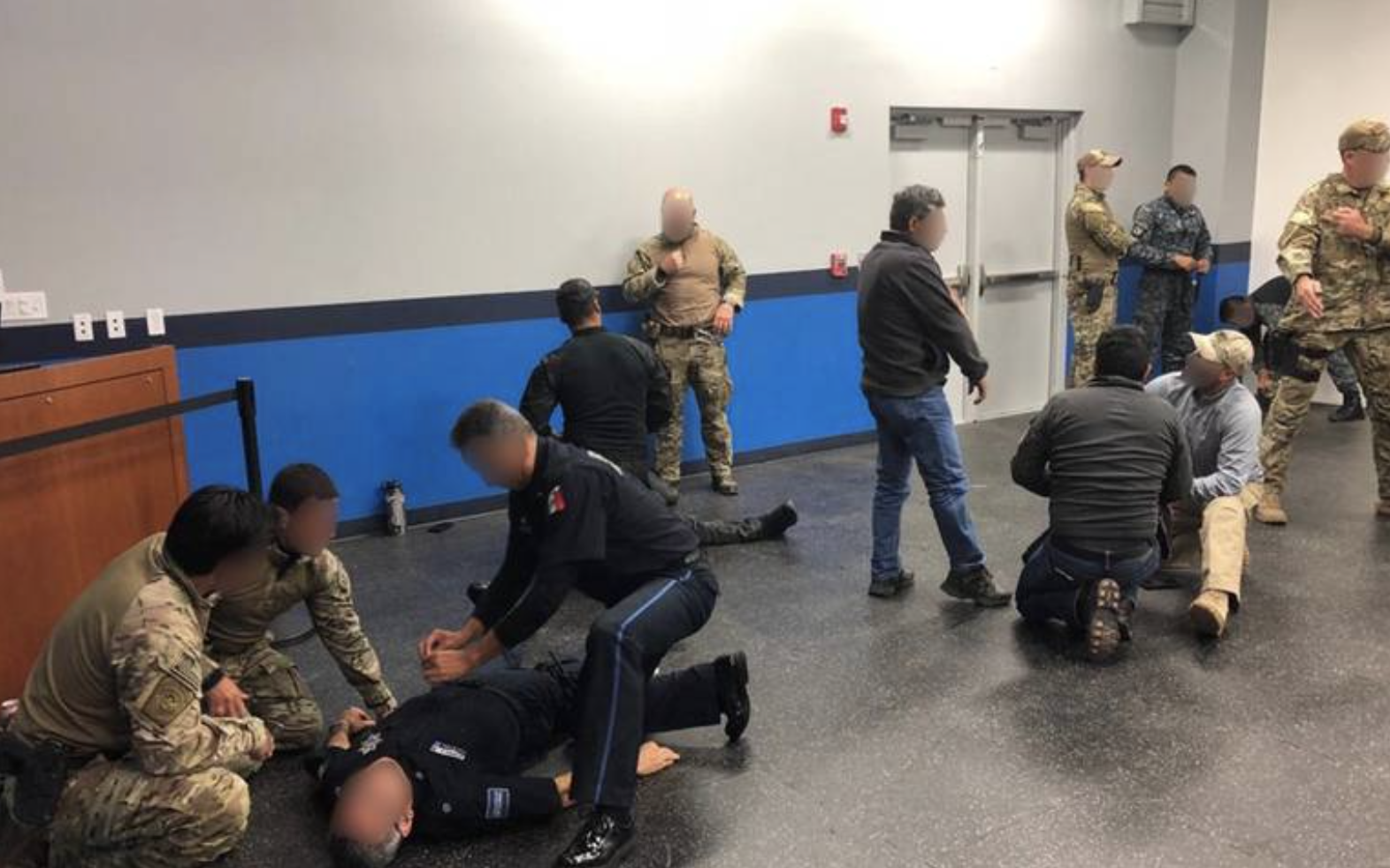
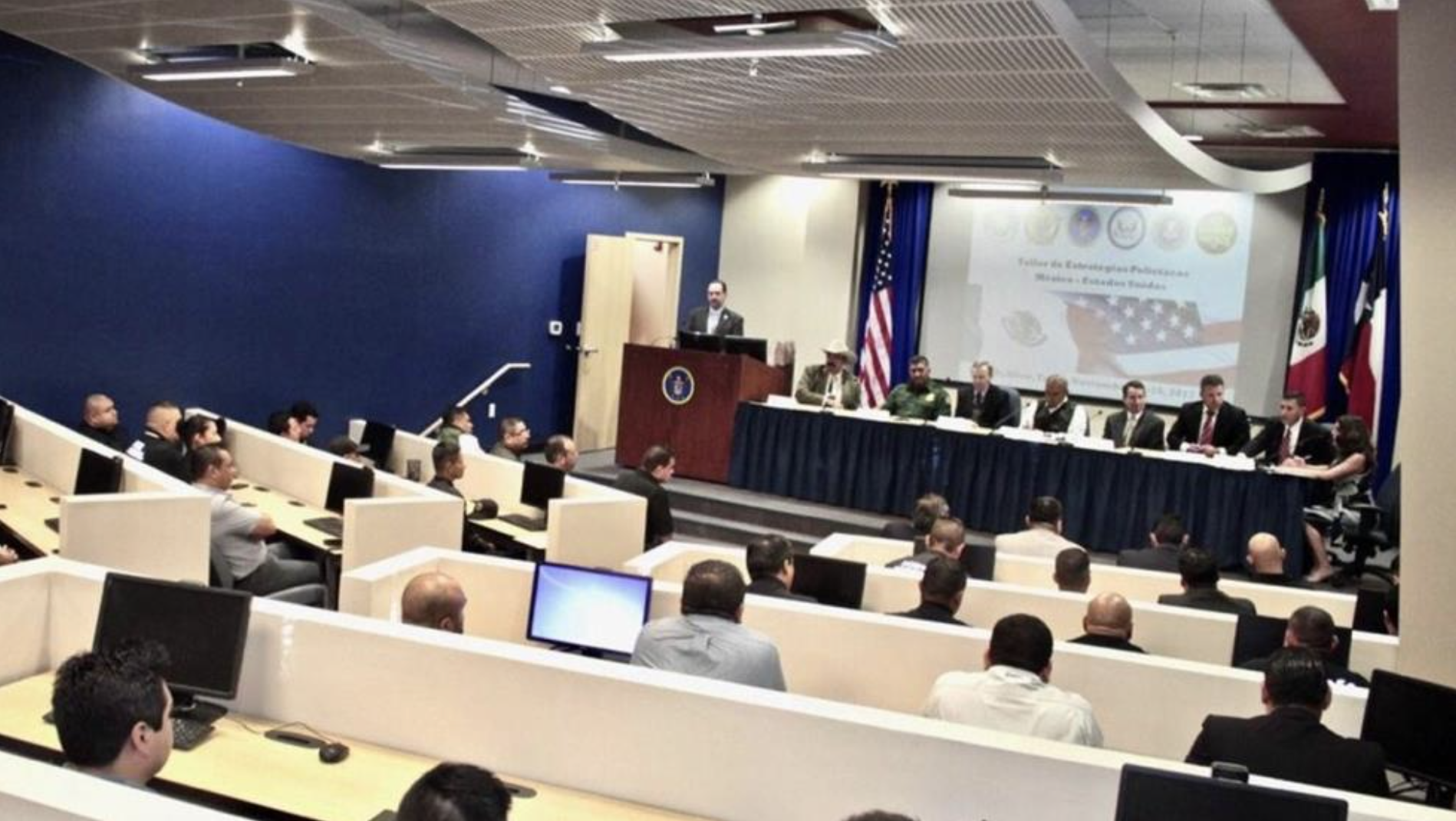
In an October 2017 interview, the Tamaulipas Secretary of Economic Development, Carlos Talancón, described some of the training and assistance the U.S. was providing as well as an extermination campaign against the remaining "cockroaches."
According to Talancón:
We are terminating the different leaders. All their soldiers do not have money for gas. They have arms and they are stealing the cars to keep moving. We have a lot of military coming in. About 30 trucks have arrived in Rio Bravo. We are terminating the last cucarachos (cockroaches). They do not have funds, they do not have money, they are just looking around to see where they can get money because they are on their last legs. We are terminating them.
From approximately January 2017 until at least January 2019, the Tamaulipas state police trained with U.S. federal agencies, including the Diplomatic Security Service (DSS), FBI, Immigration and Customs Enforcement (ICE), CBP, Border Patrol (BP), as well as state and local law enforcement agencies in Texas.
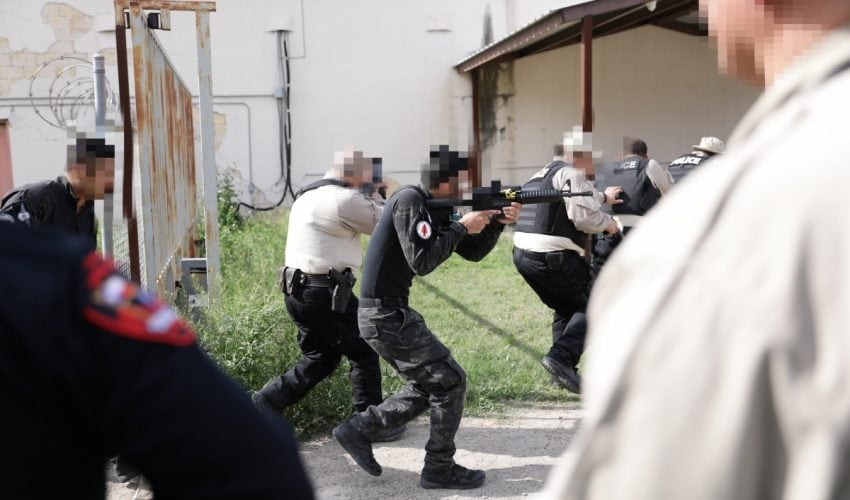
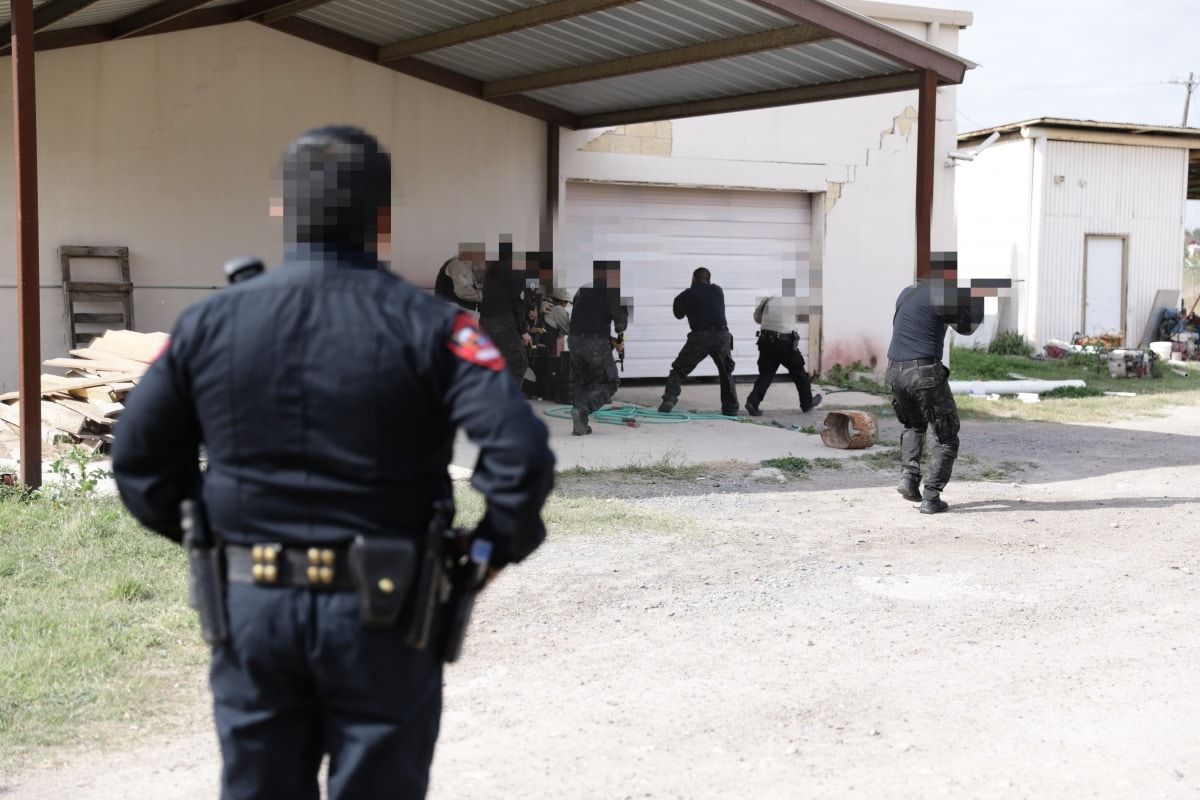
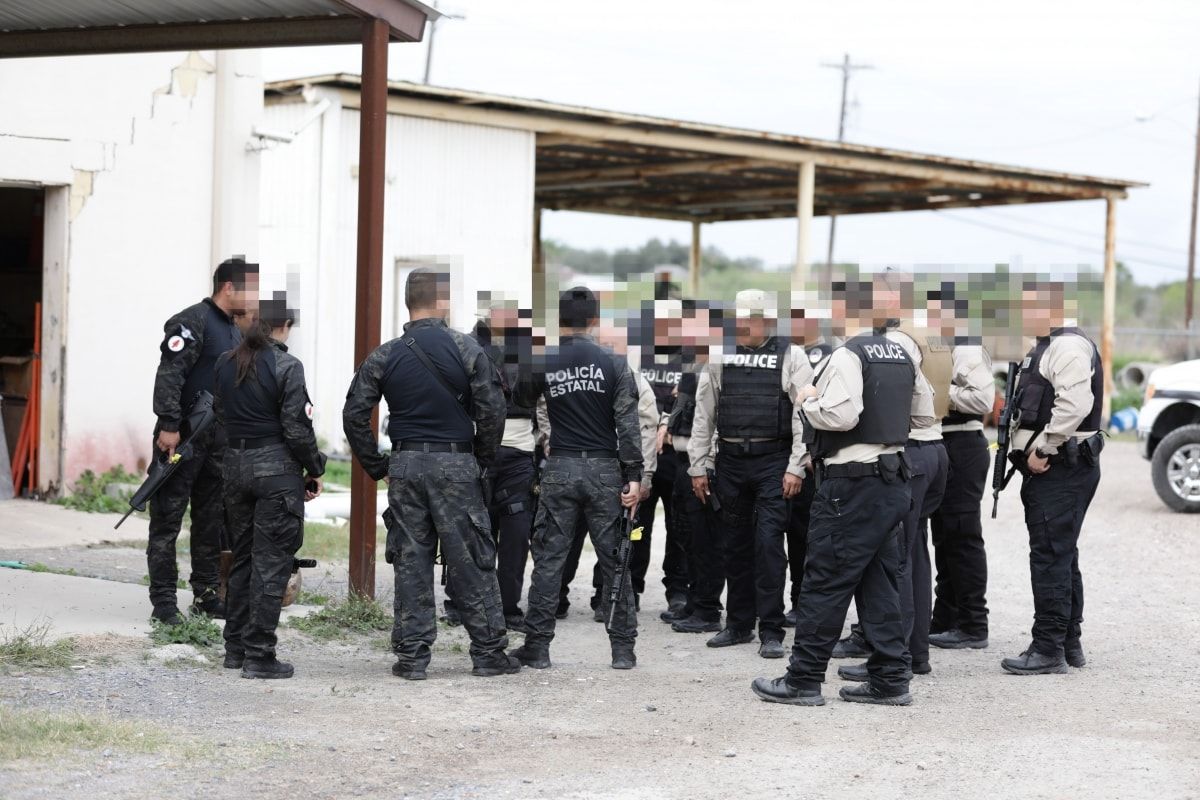
On June 7, 2018, a week after the Mexican Navy special forces were withdrawn from the state for what was later determined to be at least 47 forcible disappearances and extrajudicial executions in Nuevo Laredo (including one U.S. citizen), JTF-West formally announced the Campaign for Security and Prosperity. The campaign was designed to promote intelligence sharing and cooperation between Tamaulipas authorities and U.S. federal, state and local officials.

The ceremony was attended by CBP officials, Governor Cabeza de Vaca and Nelson Balido. A poster for the Se Busca Información initiative hung in the background.
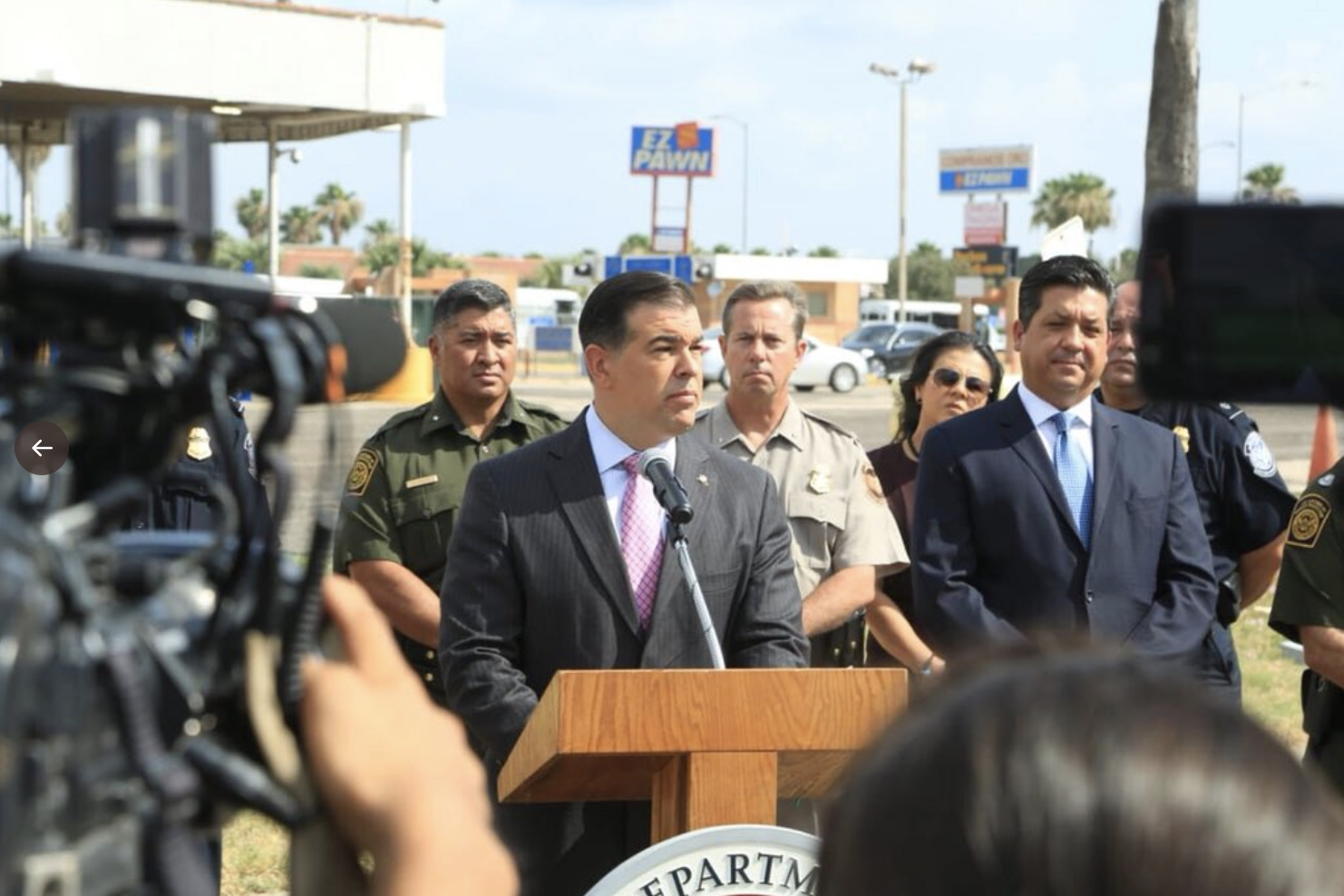
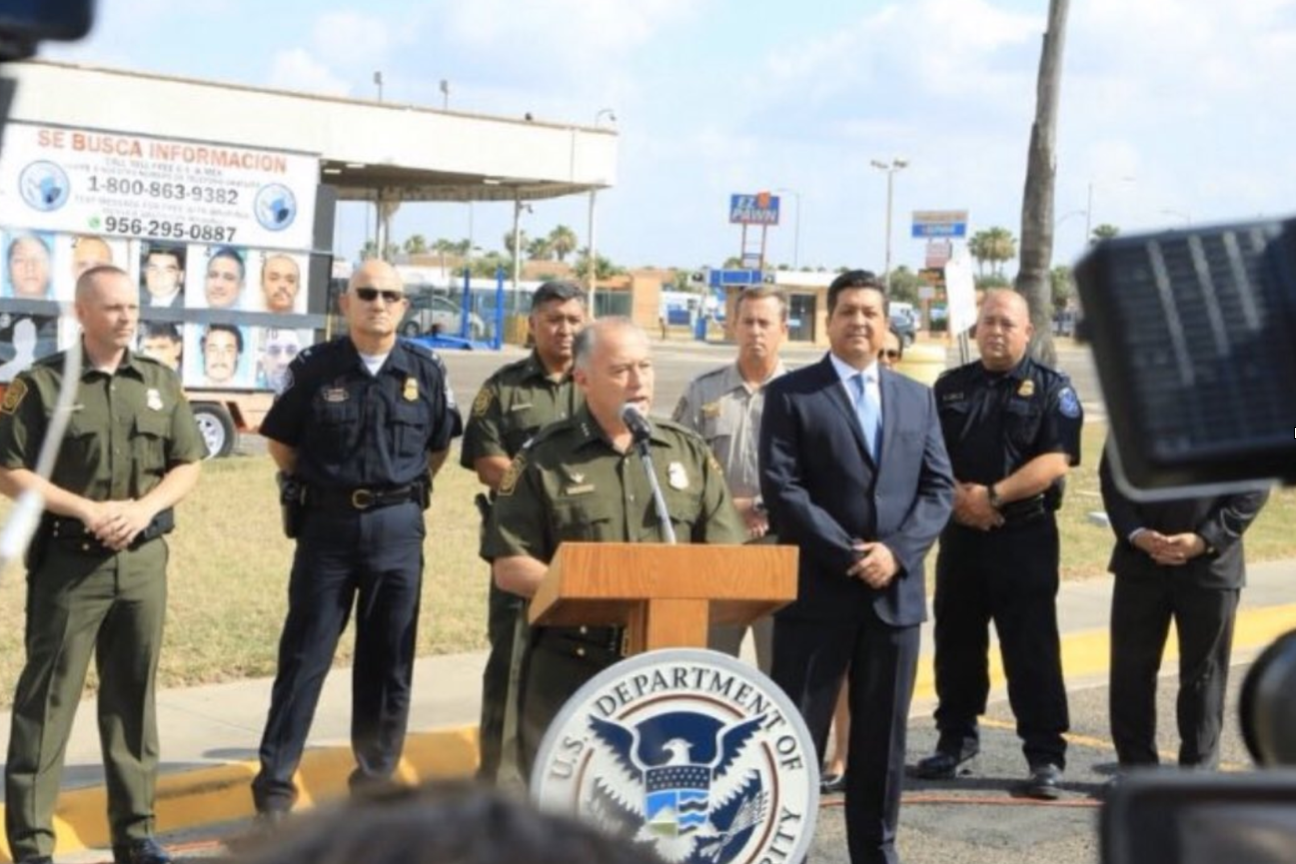
But not everything has been secure and prosperous in Tamaulipas. Two of the state’s most important border cities, Reynosa and Nuevo Laredo, have suffered acutely from violence and insecurity.
Nuevo Laredo connects Monterrey, the financial capital of northeast Mexico, to I-35 in Laredo, Texas. The enormous volume of commerce that moves through the border city makes it the single most important commercial crossing in all of Mexico. Cártel del Noreste (CDN), a faction formerly with Los Zetas, is the predominant criminal organization in the area.
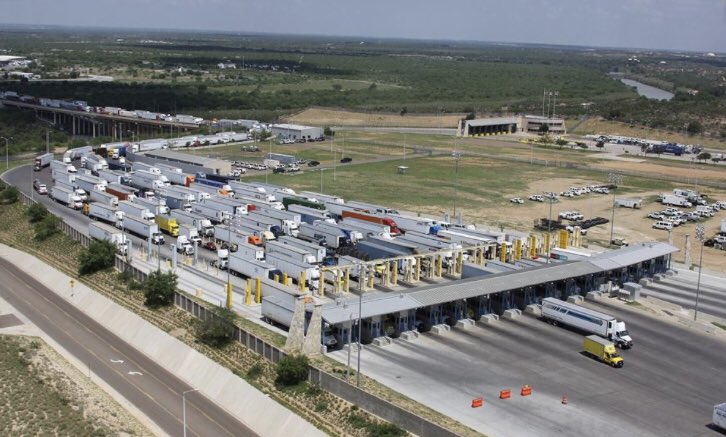
Reynosa also connects to Monterrey and is the largest city in Tamaulipas with many of the maquilas where goods are assembled with cheap labor. The area around Reynosa is also where a majority of human smuggling into the U.S. takes place. The Metros faction of the Gulf cartel is the predominant criminal organization in the city.
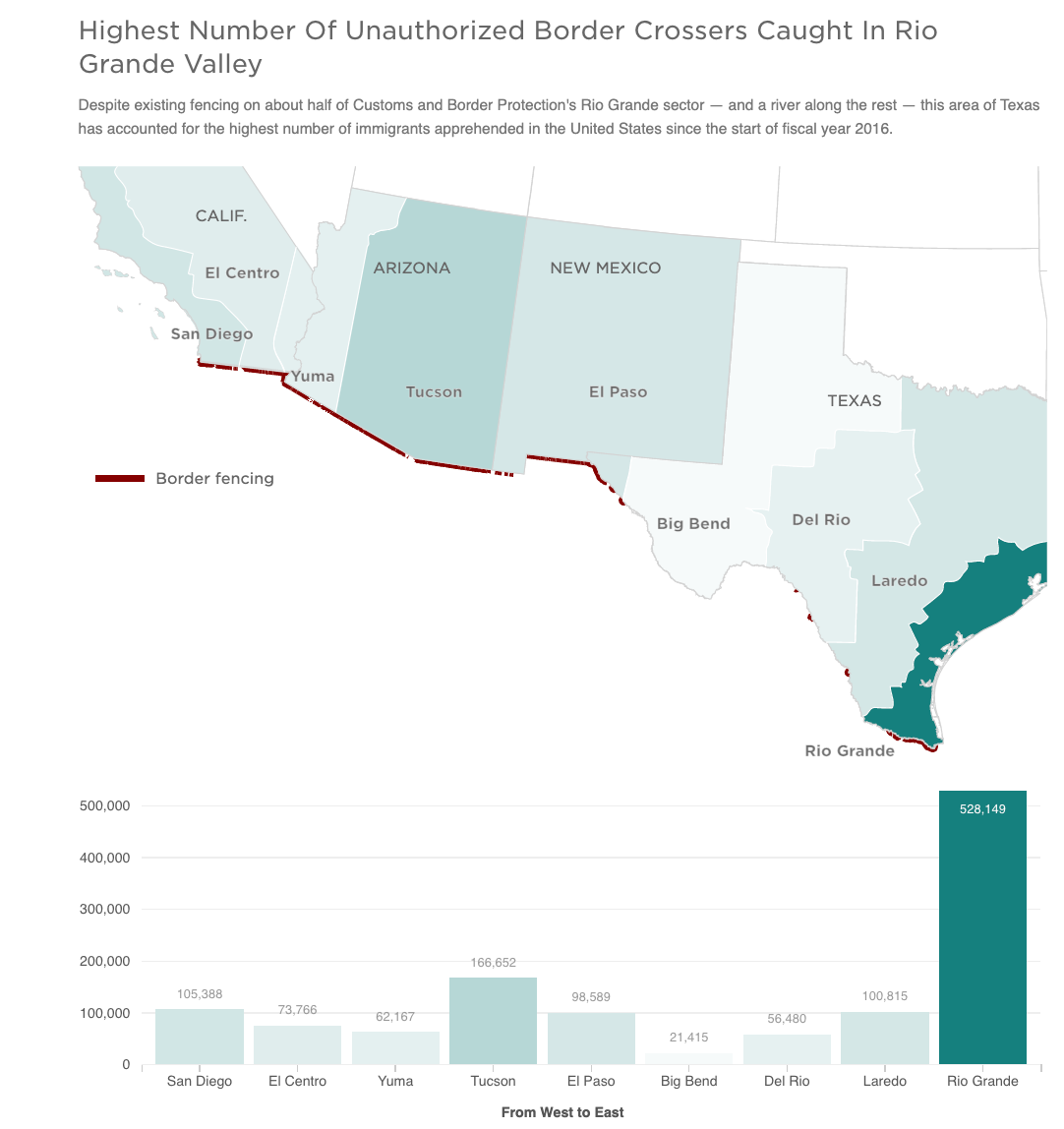
Tamaulipas politicos, petroleum companies and the Gulf cartel in Matamoros—the criminal rivals of CDN and the Metros faction of the Gulf cartel—are interested in the valuable, hydrocarbon-rich territories in and around Nuevo Laredo and Reynosa.
Although the Matamoros factions of the Gulf cartel are among the oldest and most established criminal networks in Mexico, the Tamaulipas government under Governor Cabeza de Vaca devoted the majority of its efforts to prosecuting criminal groups in Reynosa and especially Nuevo Laredo.
How exactly criminal organizations and individuals are prioritized is unclear, but the complex relationship between organized crime and politics in Tamaulipas may be a factor. According to the Peña Argüelles' testimony, Cabeza de Vaca allegedly got his start in Tamaulipas politics with half a million dollars from the Gulf cartel in Matamoros.
If the allegations are true, the Cabeza de Vaca administration’s approach to security could be one of pacification of certain mafiosos that pay to conduct their business without being disturbed and persecution of their rivals.

But the support for this approach is not just from the Tamaulipas government. Breitbart News and Republican Congressman Chip Roy of Texas, Ted Cruz's former Chief of Staff, also favor prioritizing certain groups.
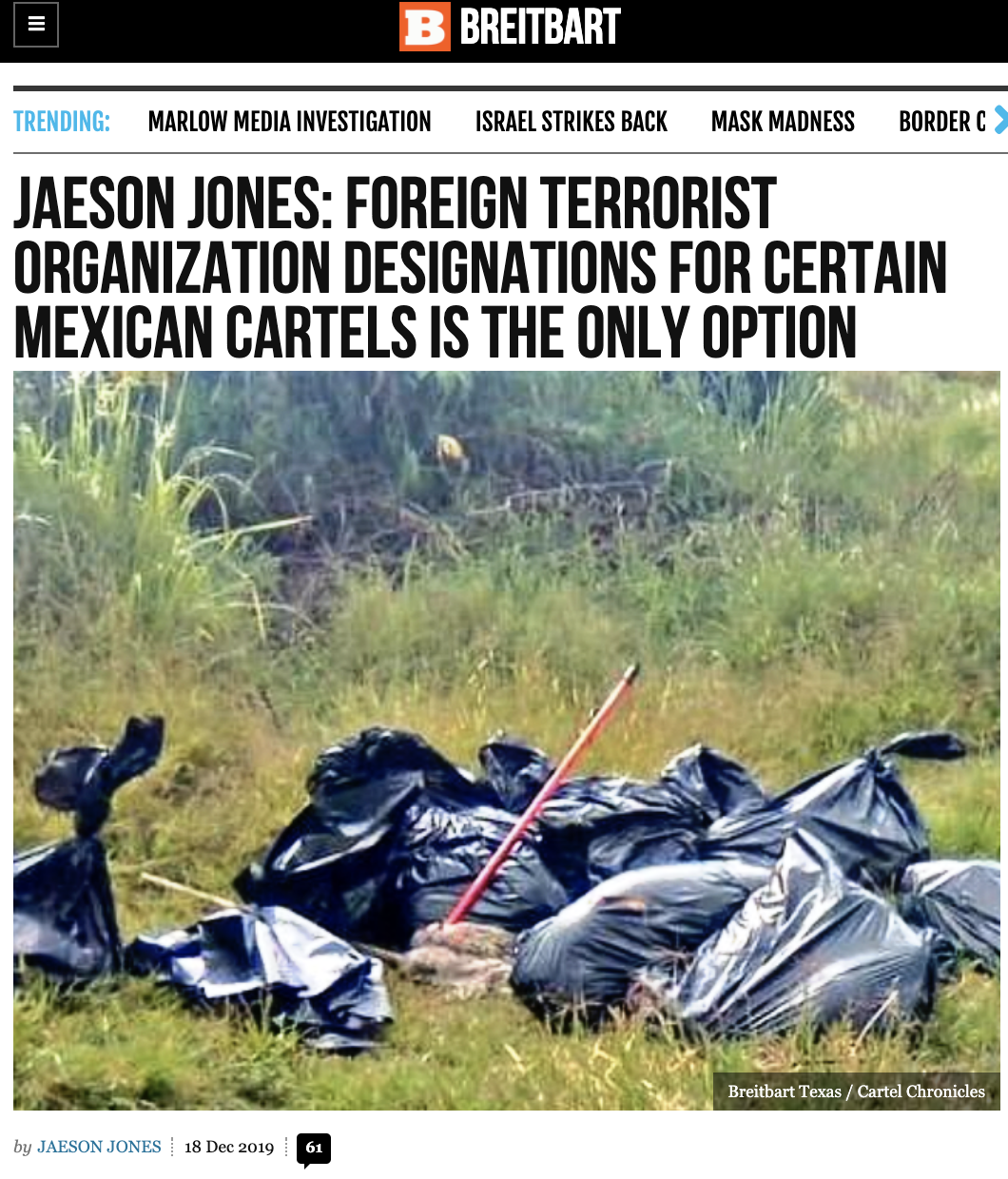
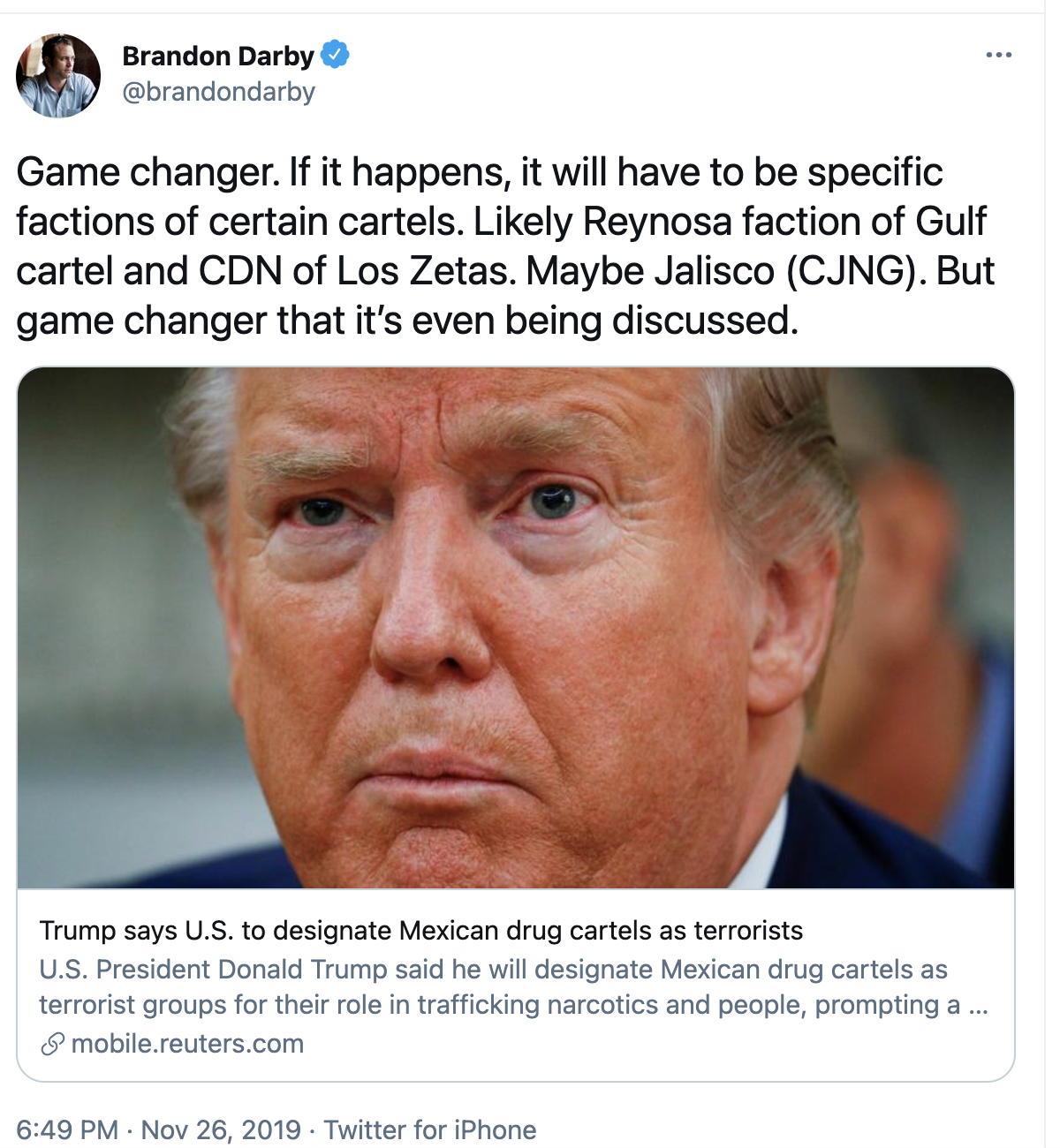
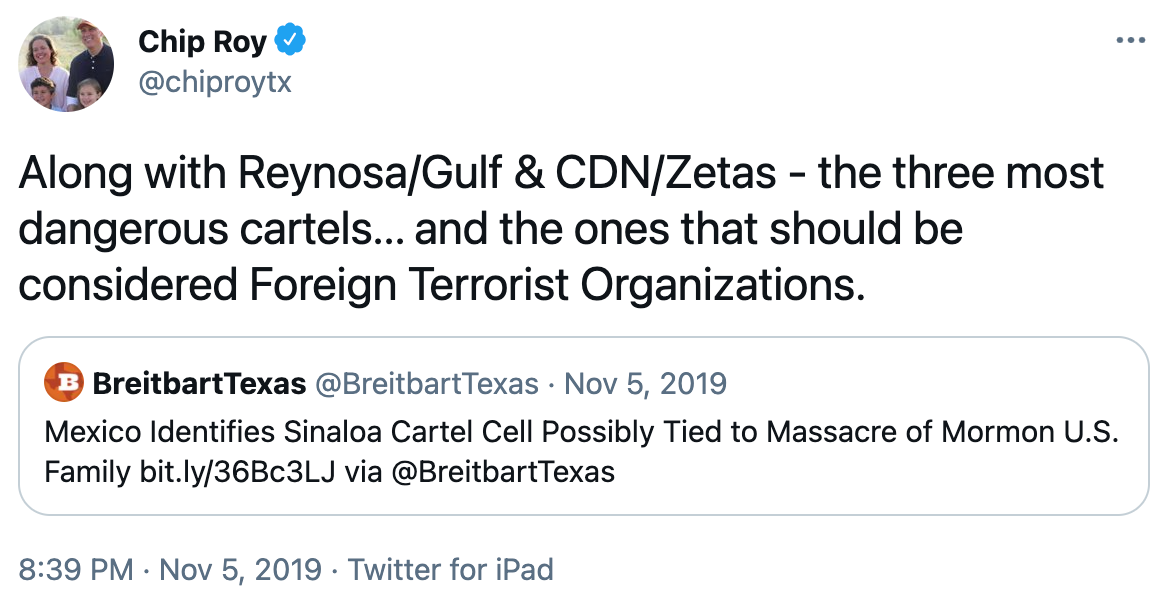
In fact, Congressman Roy and 15 Republican co-sponsors favored this approach so much that they wrote the Drug Cartel Terrorist Designation Act (House Resolution 1700) in 2019 that called for codifying the prioritization strategy. The original bill would have designated CDN, Los Metros and CJNG (a group rumored to have an alliance with Los Metros) as foreign terrorist organizations.
Congressman Roy later announced a revised version of the bill in April of 2021 which specified only CDN and the Metros faction of the Gulf cartel. The two largest and most powerful drug trafficking networks in Mexico, the Sinaloa cartel and CJNG, were not included in the bill.
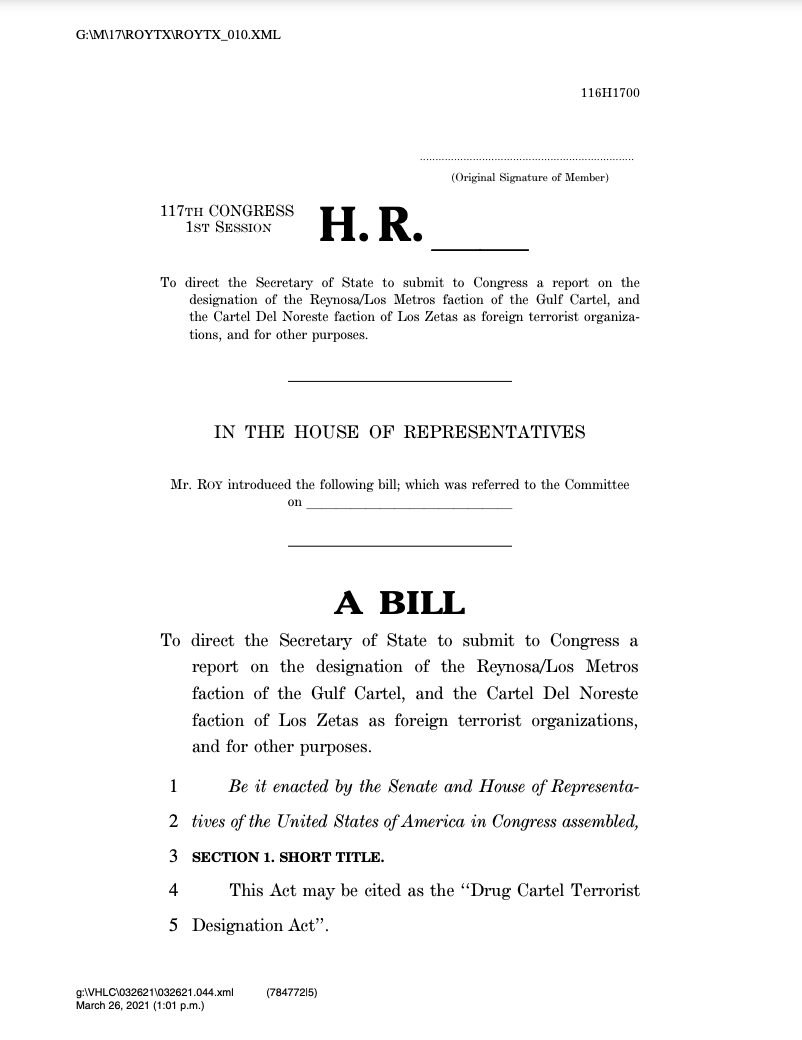
In February of 2020, Congressman Chip Roy wrote the Border Visibility and Security Act, which would compel the U.S. to purchase a variety of surveillance tech such as ground radar and other sensors for detecting human movement, clear vegetation along the Rio Grande and build roads along the U.S. side of the border.
As luck would have it, a majority of the supporters that Nelson Balido's 501(c)(3) Border Commerce and Security Council represents are surveillance tech, infrastructure and contracting companies and manufacturers interested in cheap labor in Mexico.

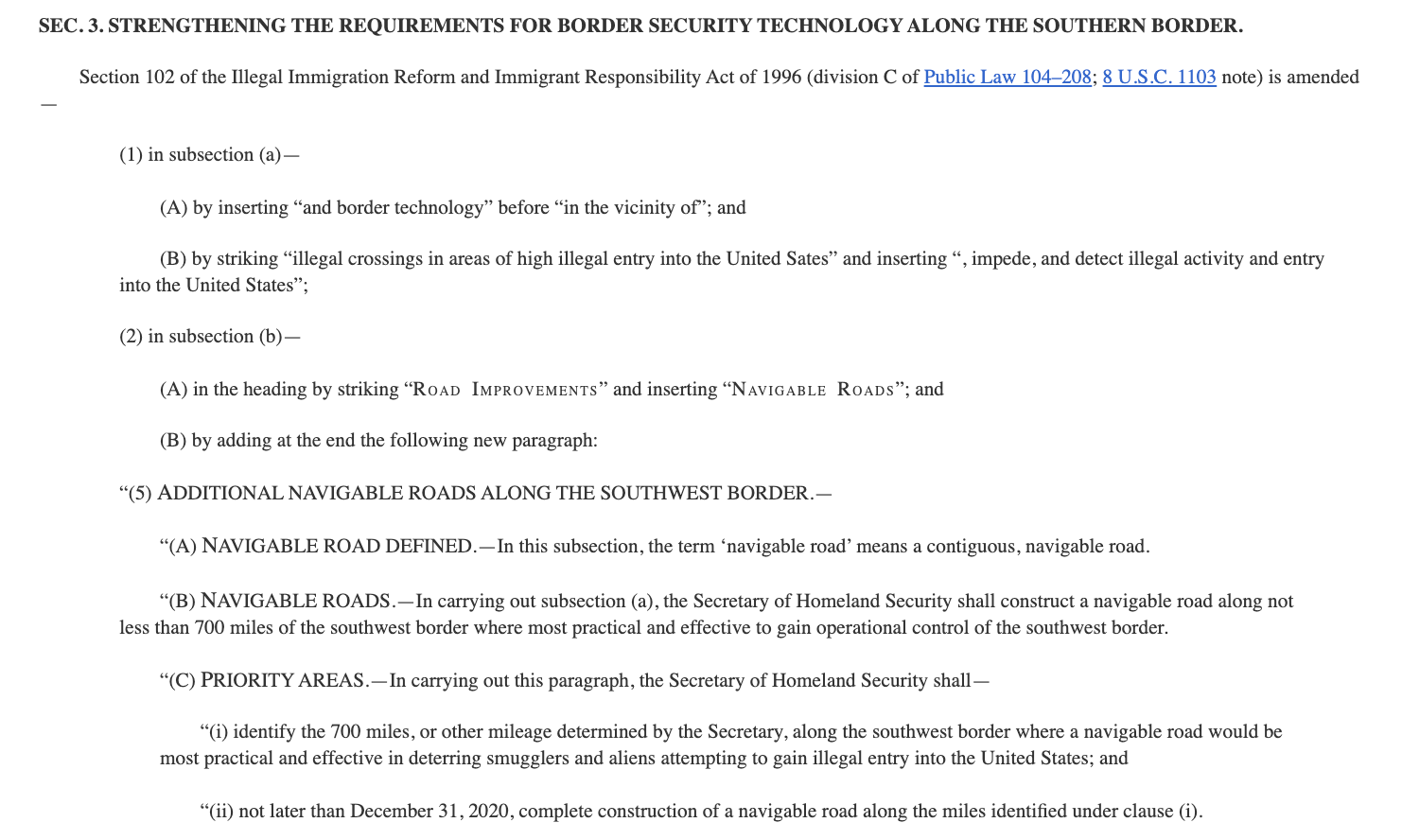
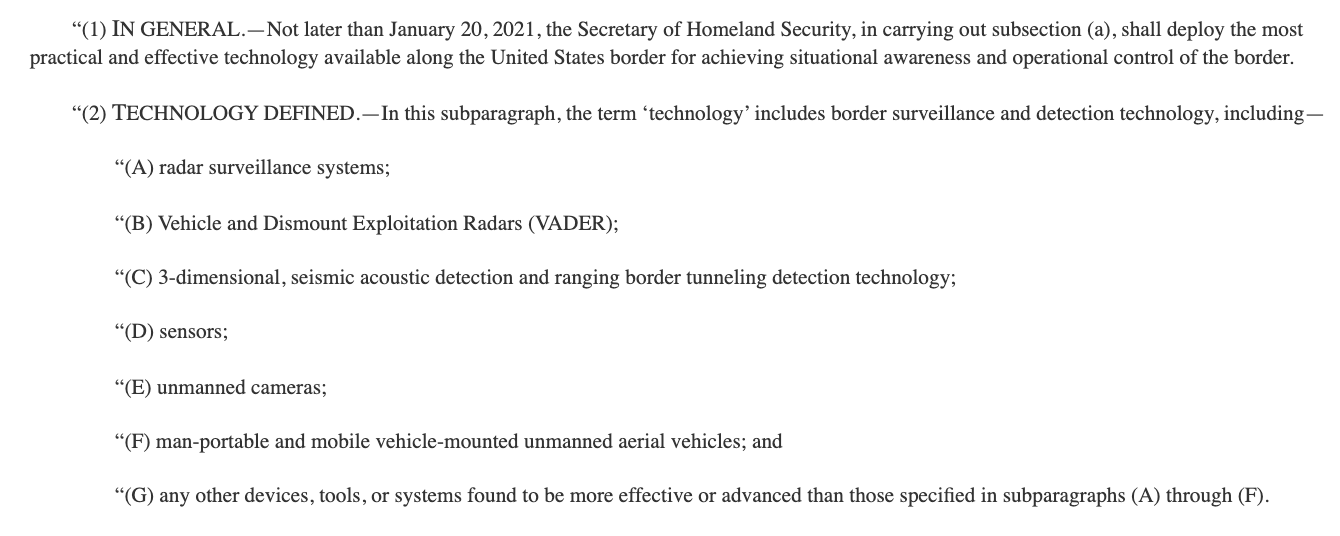
In effect, the Border Visibility and Security Act would hand billions of dollars in business to companies whose interests are represented by Nelson Balido, a lobbyist with ties to SOUTHCOM, DHS, Ted Cruz and Chip Roy—Cruz's former Chief of Staff and the bill's author—and a governor in Tamaulipas allegedly beholden to the Gulf cartel.
Narcoterror & "a major messaging operation"
Coined in 1983, the term 'narcoterrorism' was originally applied to violent drug trafficking organizations in Colombia and Peru. In Mexico, the concept of narcoterrorism has gained popularity in academic literature since at least 2008, primarily in reference to Los Zetas.
A 2009 paper apparently written as a part of graduate coursework at the online American Military University proposed creating an interagency task force for sharing intelligence in an effort to combat the threat posed to U.S. law enforcement (particularly Border Patrol) by "the Los Zetas narco-terrorist organization."
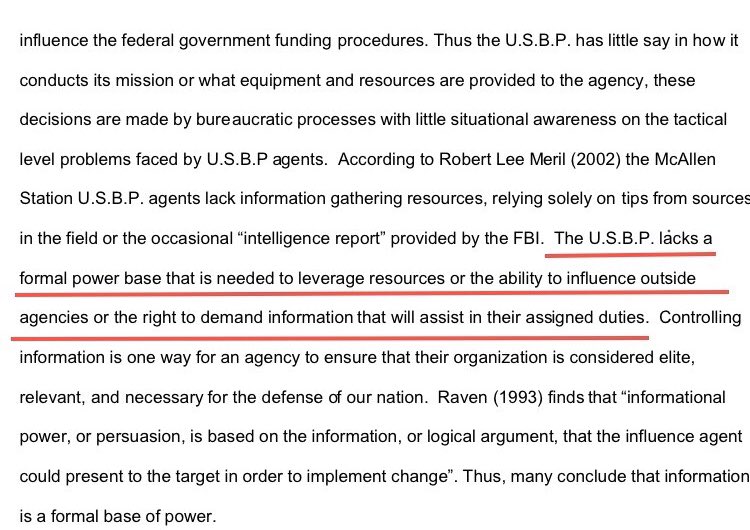
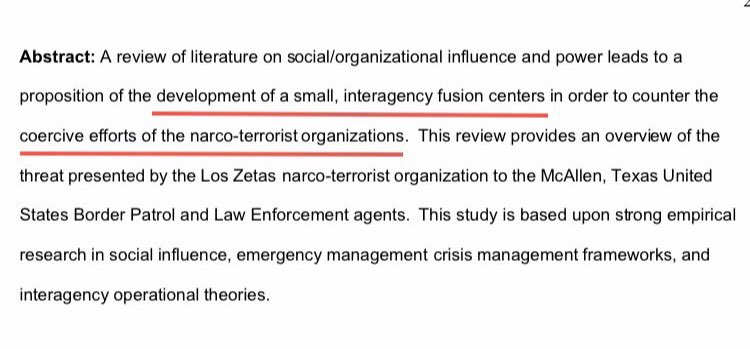
In Mexico, several popular anonymous social media personas that post crime scene photos and execution videos also refer to certain criminal groups as "narco-terrorists."
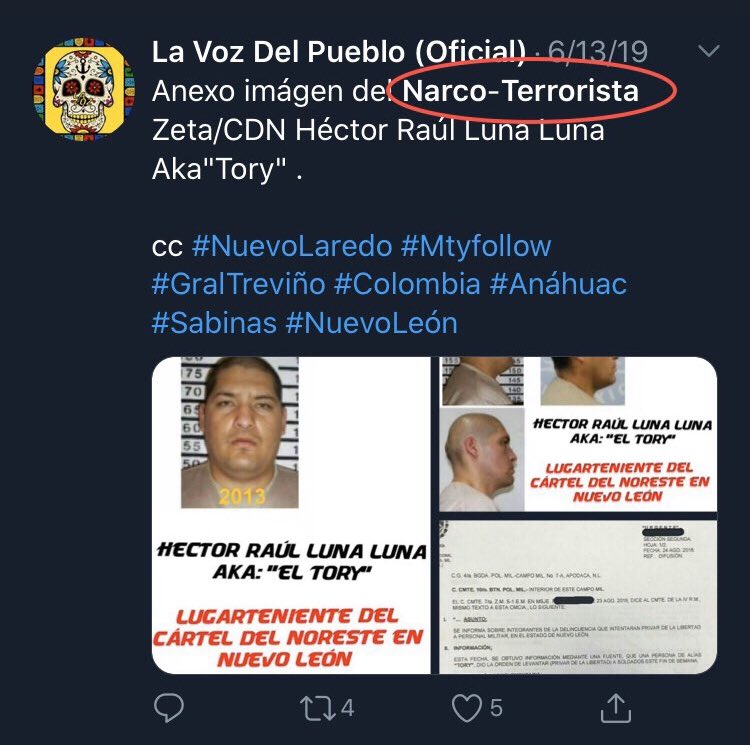
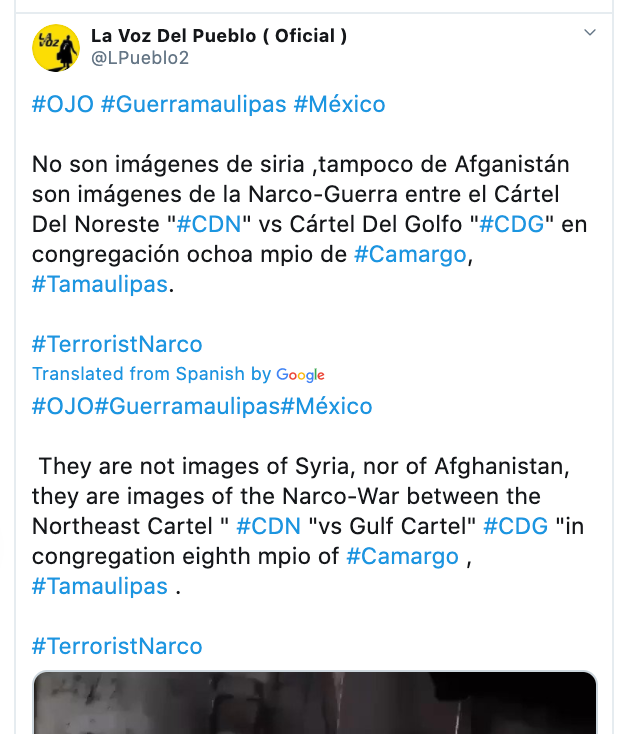
These anonymous personas first appeared with advent of Twitter in the late 2000s and early 2010s when the record levels of violence in Mexico began. While most of these citizen journalists are amateurs bringing an uncensored look at the violence in Mexico by posting content leaked by first responders and citizens in private WhatsApp groups, some of them may be getting paid by Breitbart News for content.
In a 2017 interview with Breitbart News' Brandon Darby and Ildefonso Ortiz, Ortiz recalled that Steve Bannon suggested that they just hire citizen journalists during their initial brainstorming session for Cartel Chronicles in 2014. According to Ortiz:
Our initial objective was to focus on tweeters, local journalists and citizen journalists at risk, who cannot say what is happening in the areas controlled by the cartels. Bannon then said to me, 'Hire them,' and we thought between the three of us about how these people could contribute and communicate real, unfiltered information.

Brandon Darby has also admitted to paying citizen journalist sources during a panel with Jack Posobiec and Ann Coulter at Turning Point USA's Student Action Summit in December 2019. According to Darby:
"When we looked at the border problems, we realized that some people covered the border on the north side and the U.S. side, but not so much, and no one was really covering the border on the south side, right? So the entire border wasn't being covered and we tried to figure out why, and what we realized was that no one was covering it on the south side because everyone who did got murdered, and so no one would cover it. And we said, 'wait a minute, we're, like, Breitbart, right? We can't just—y'know, we're supposed to be a voice for the voiceless. We're supposed to stand up for the little guy, for the citizen journalist.' So what we did was we went there and we started finding people in the communities who wanted to speak out, or who were speaking out under pseudonyms or under anonymous social media accounts, and we said, 'hey, wait a minute; you're risking your life to fight these cartels on the border and 500 people see what you say on Twitter, right? On your anonymous account; why don't you send that stuff to me and I'll pay you and then we're going to publish it in English and Spanish and we'll throw the whole weight of what Breitbart has politically behind it to make sure that Americans know what's happening here."
Curiously, Darby went on to claim that Breitbart News had been paying citizen journalists for approximately 2 to 3 years before the creation of Cartel Chronicles in 2014.
"And so what we've seen is that since we've been doing that roughly 7 or 8 years ago [i.e. approximately 2011-2012], people care now, and the more people that care, the more people who listen to this message and the more people who see what's happening, they care, then the Republicans start using it as talking points, and eventually, we hope it translates into actual policy, which we're maybe starting to see, like, we have a president talking about cartels, which is the biggest thing in the world."
In a 2019 interview for the PBS series Frontline, Steve Bannon elaborated his views on border security and persuading President Trump, known for propounding and later walking back some of his administration's hard-line mandates. According to Bannon, tough policies like criminally prosecuting anyone caught entering the country illegally required persuading the American public as well as the President who responded the most to what he saw in the media.
Bannon:
"What I’m concerned about is this takes a major messaging operation. You have to explain—the American people are kind of detached from the details of what’s happening on the southern border. They’re particularly detached, I think, about the reality of what’s happening in Central America. They’re detached about, you know, this cauldron, right, that’s on the southern border, particularly how it’s been not just militarized by—particularly in northern Mexico and the cartel wars of the Mexican authorities against the cartels, but how the cartels are winning. You know, in many regards, northern Mexico and even some of the southern United States along the border, as people down there will tell you, are like Afghanistan to a degree that it’s an actual war going on and an insurgency.
And so my concern at the time is that, you know, not just people hadn’t thought three moves down, but maybe the messaging is not well enough, and the battlefield’s not prepared enough to—it just kind of dropped. And understanding President Trump, President Trump is always going to respond to what he sees in the media and what—he’s a marketing guy. He’s going to— he’s going to respond. And if this thing’s not—not messaged properly, and people don’t understand what you’re trying to accomplish, then I think you can have some—some blowback."
In late 2019, the proposal to designate cartels as foreign terrorist organizations seemed to have finally persuaded President Trump. In the aftermath of the massacre of the Mormon family in Agua Prieta, Sonora in November 2019, President Trump stated in an interview that he intended to designate unspecified Mexican drug cartels as terrorists.
Brandon Darby, Ildefonso Ortiz and Chip Roy were elated by the news.
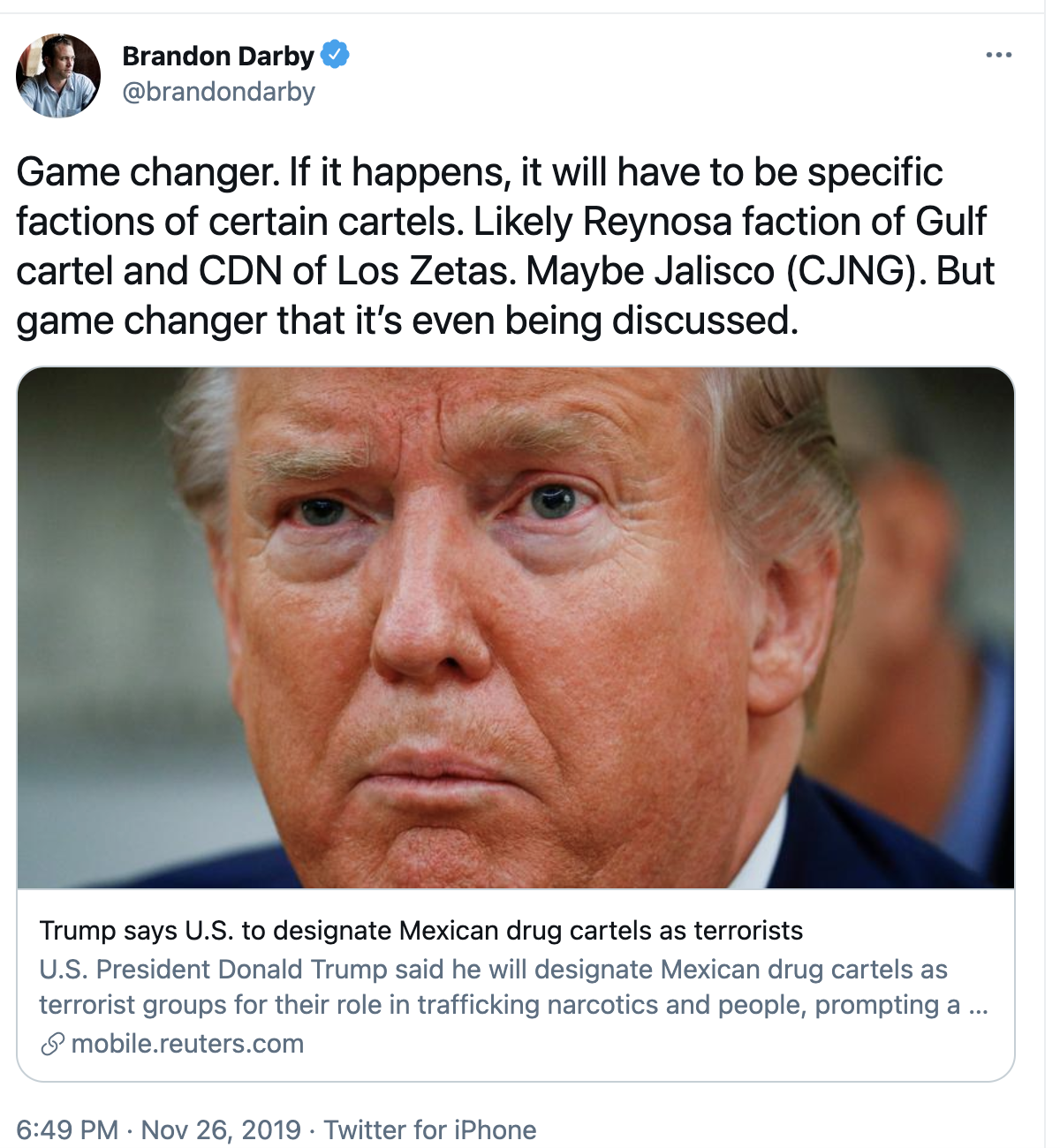
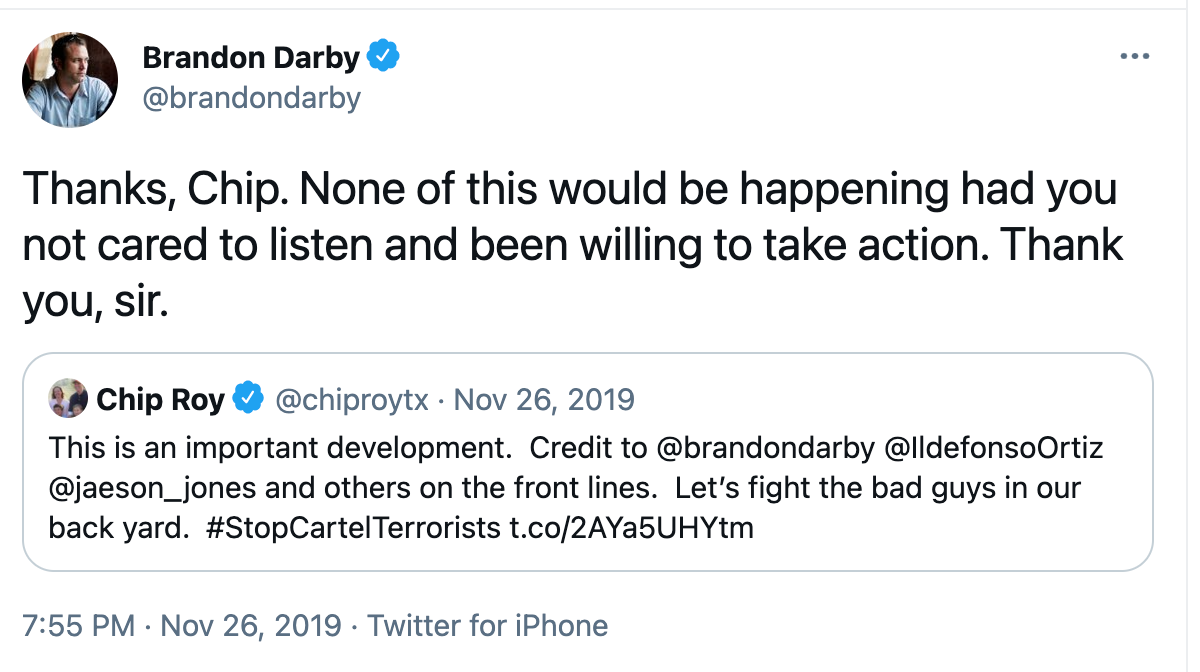
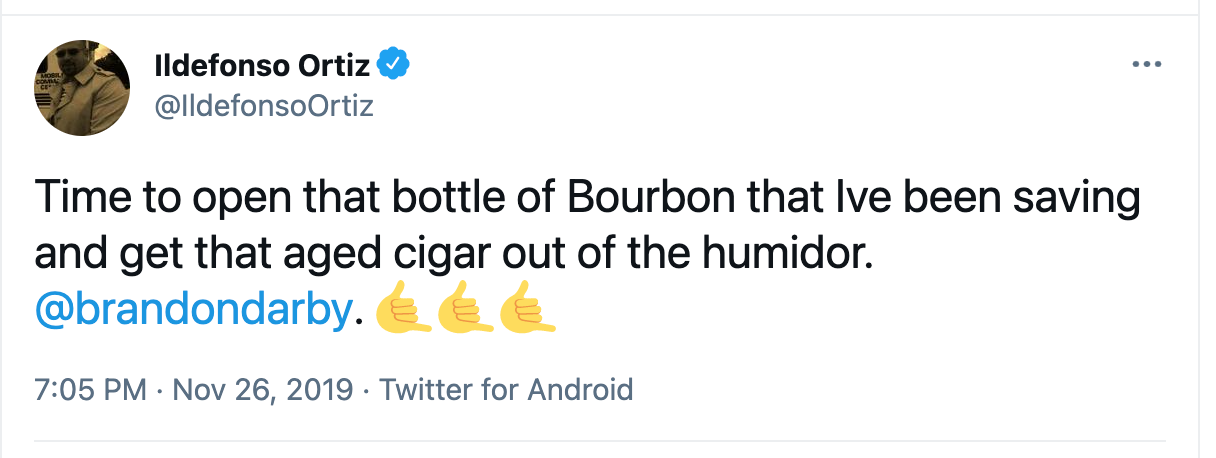
Trump never followed through with the proposal because a terrorist designation could have substantiated claims for asylum at the border, potentially hurting his reelection bid.
Regardless, the justification for a terrorist designation specifically for CDN and Los Metros, who have no significant presence outside of northeastern Mexico, is not justified based on recent violent crime data.
In fact, the northeastern Mexican states of Coahuila, Nuevo Leon and Tamaulipas, which the Drug Cartel Terrorist Designation Act is explicitly targeting, are all below the national average for homicide and violent crime and have been for the last several years. Between 2018 and 2019, homicide numbers in Tamaulipas actually decreased.
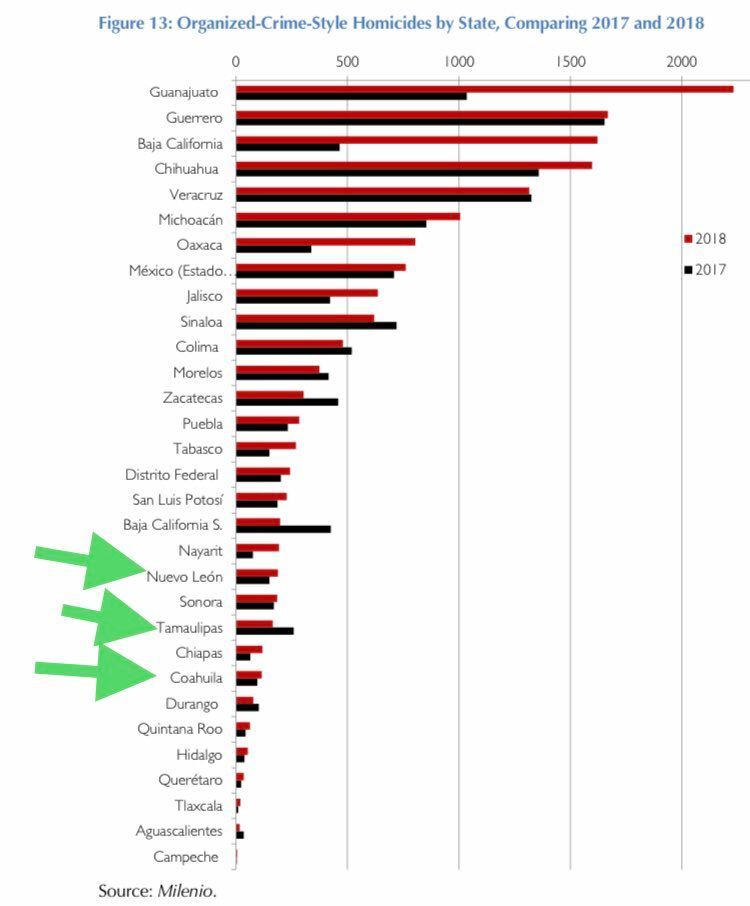
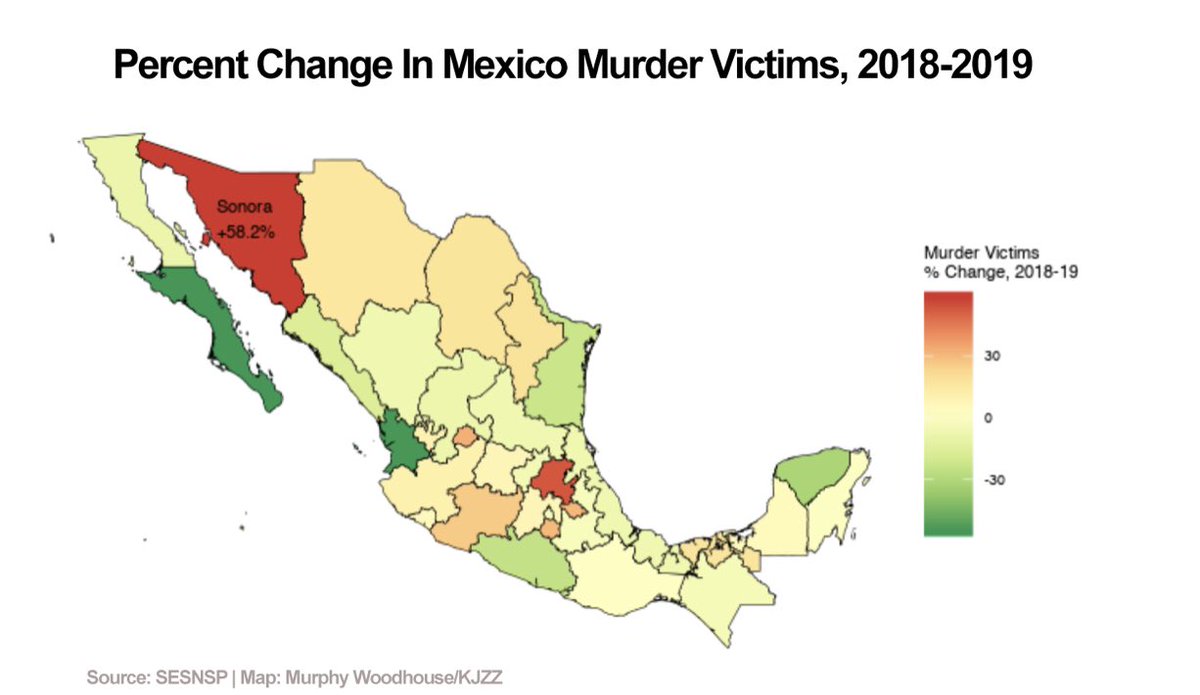
So why exactly do they want to designate these specific groups as terrorist organizations? Brandon Darby explained it bluntly in a webcast:
"The reality of Mexico is this: they're very resource rich. There's plenty of resources in Mexico. The problem is, is that many of the regions along the border, those resources can't be exploited because of the security situation and because of the corruption situation, which is largely due to the security situation. So, though I don't suggest we engage in direct economic development in Mexico when we need it in our own country so badly in so many areas like inner cities and rural areas, I mean, you go down the line—but what we can do is address those security situations. We can more aggressively go after the rest of those people in the organized criminal circles so they fall in line with other places so that businesses are more able to invest in Mexico and invest in resource exploitation, and what have you. It's all about the security situation. Uh, the security situation... take Coahuila. Coahuila is along the U.S.-Mexico border, along the Texas border, tons of oil, but we can't exploit that oil because in order to exploit the oil, the cartels are gonna steal the gas, the cartel, I mean you go down the line."

But that's not the end of the story.
While part of the motivation for a terrorist designation among Texas politicos is surely concerned with reducing risk for companies interested in Mexico's natural resources, nothing that Bannon or his patrons have done or said suggests that that they're neoconservative military adventurists at heart.
Bannon cites French esotericist René Guénon and Italian fascist Julius Evola as gurus on his journey to Dark Enlightenment. Robert Mercer's philosophical influences have already been discussed. Rapacious oilmen they are not.

The idea of reviving the War on Terror three years after the end of the GWOT and combining it with the War on Drugs is not a rational proposal for addressing the drug problem and belongs in the same canon as Russia's "special military operation" to "denazify" Ukraine. The proposals to designate fentanyl as a weapon of mass destruction, to drone strike Mexican civilians, to deputize border militias, and to send American troops into Mexico are instrumentalist policies to achieve goals that have nothing to do with drug control.
In an interview with Joshua Greene, Bannon summarized the recipe for state capture by establishing control over “borders, currency, and military and national identity."
The proposal to instigate a war in Mexico should be thought of as a ploy to establish control of both the military and national identity by fomenting a security crisis at the border from the extremely predictable consequences of unilaterally using military force against a neighboring country. The resulting militarization of the border will create a positive feedback loop with a far-right nativist political project until an authoritarian regime seizes power or secedes.
